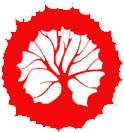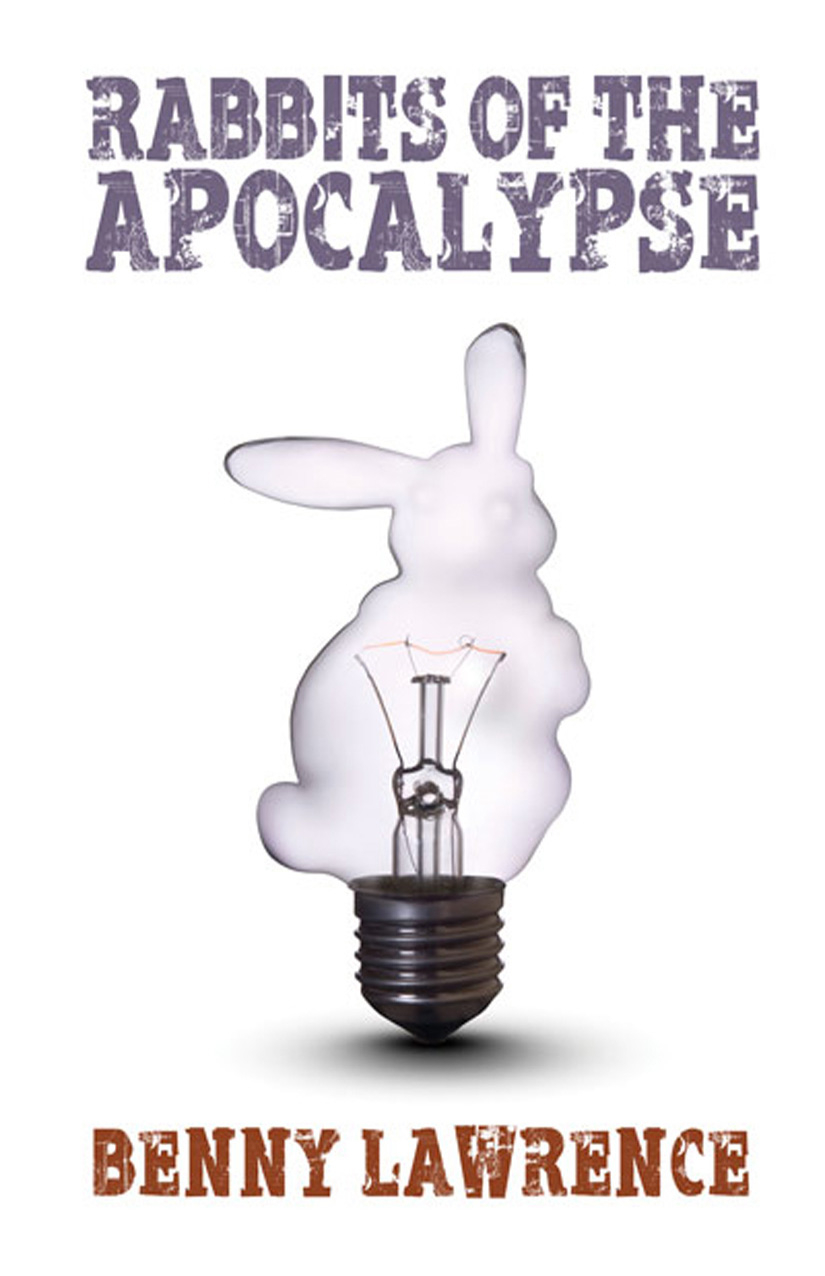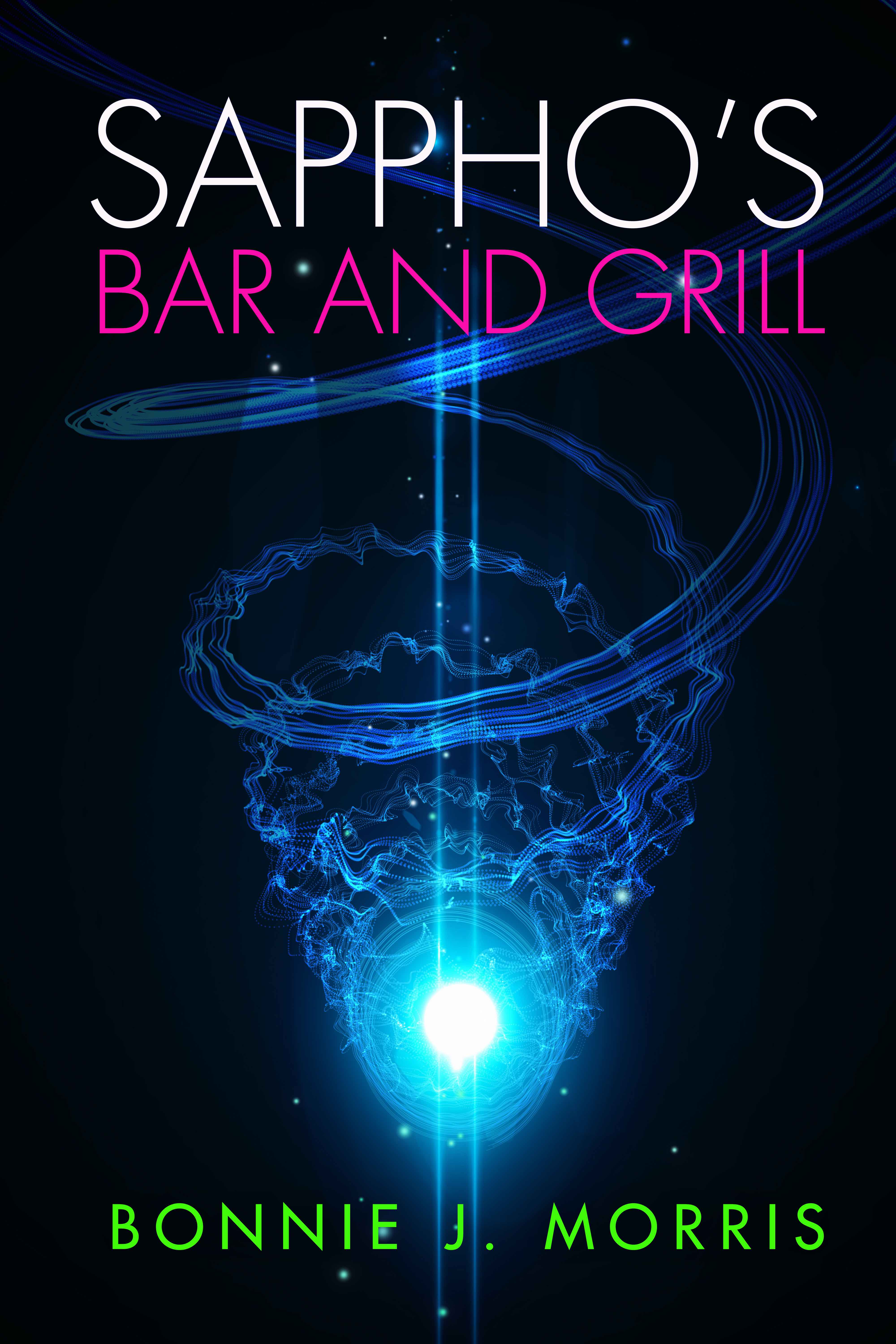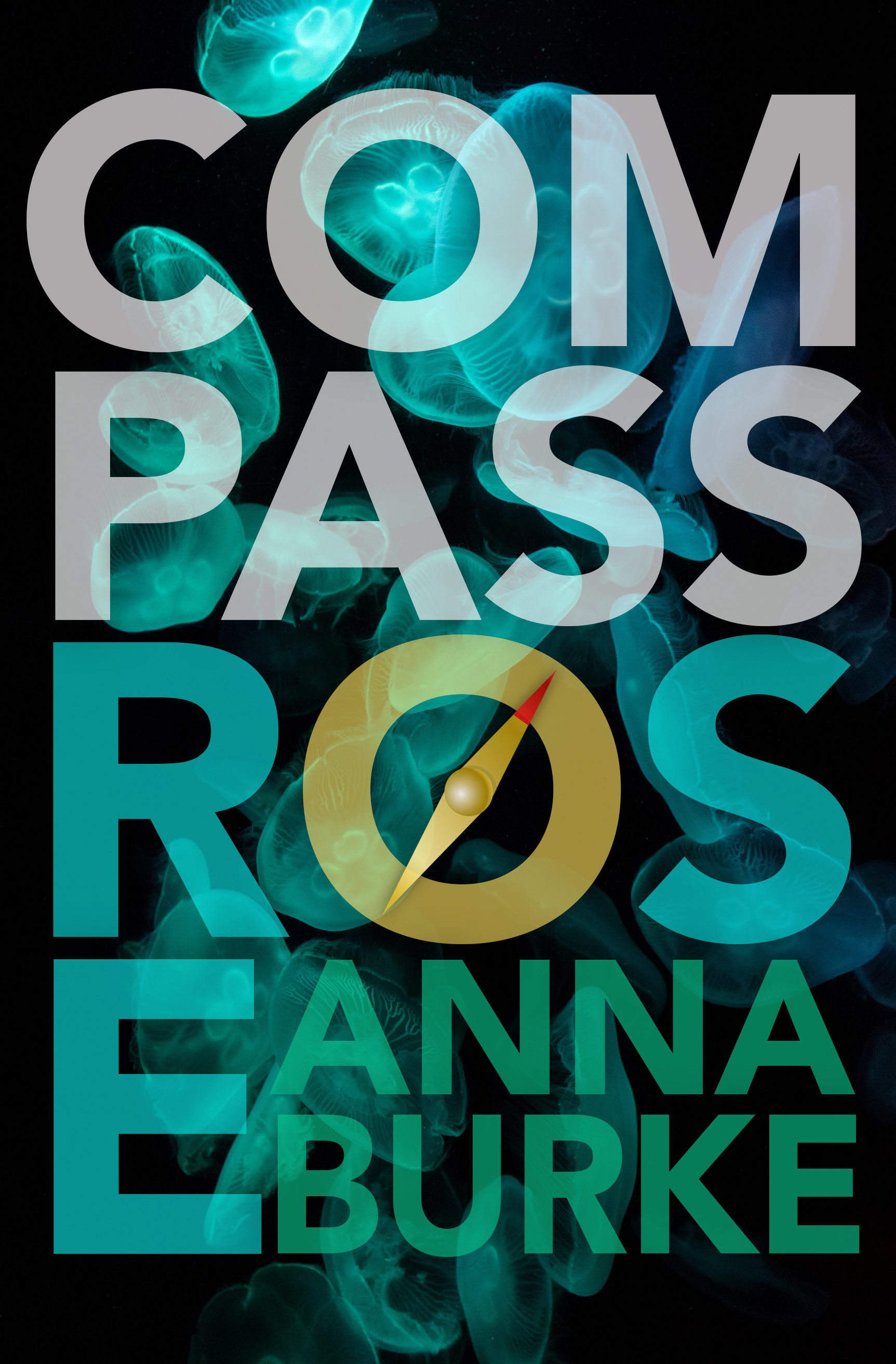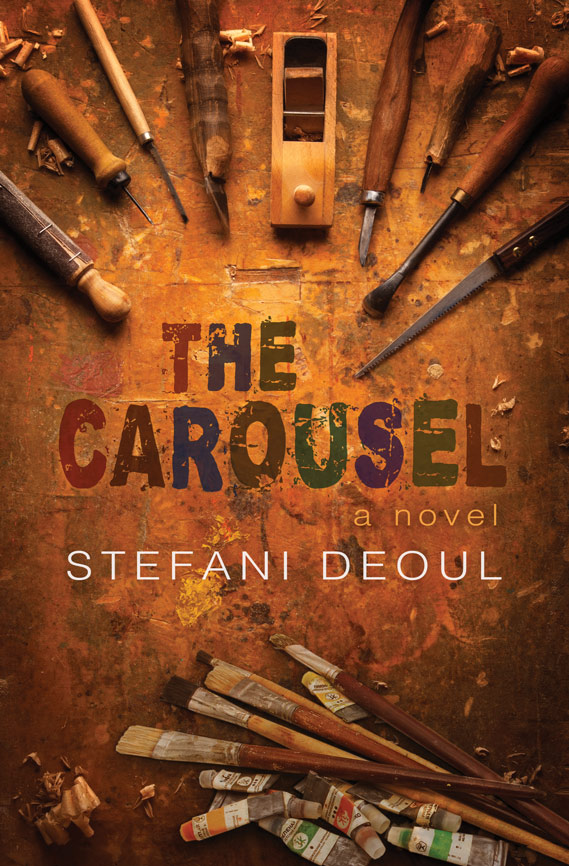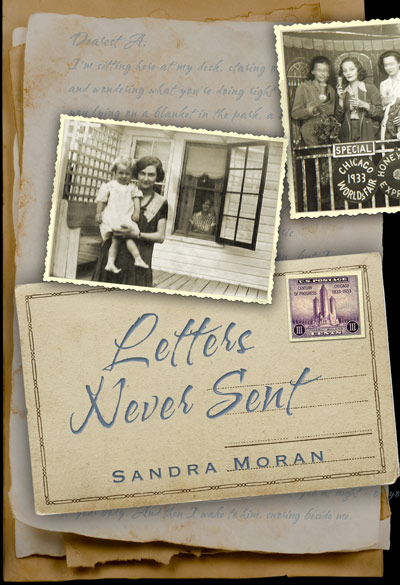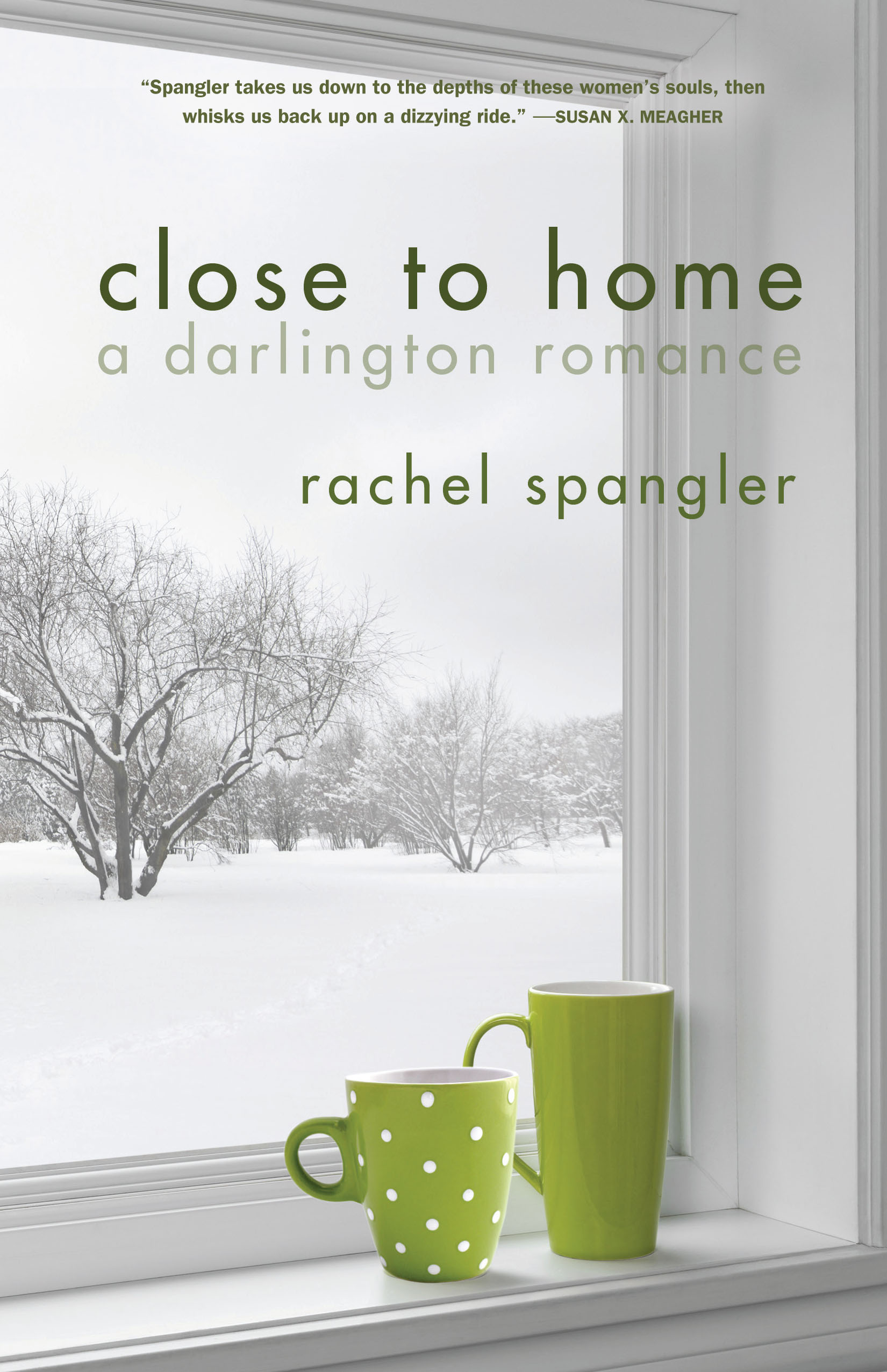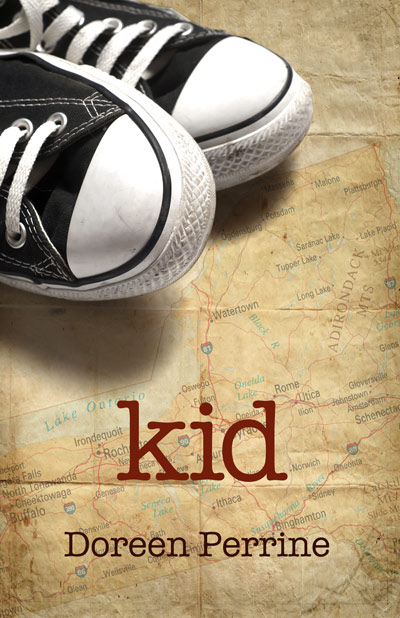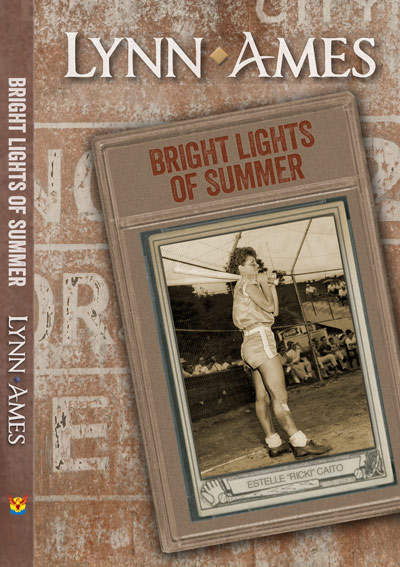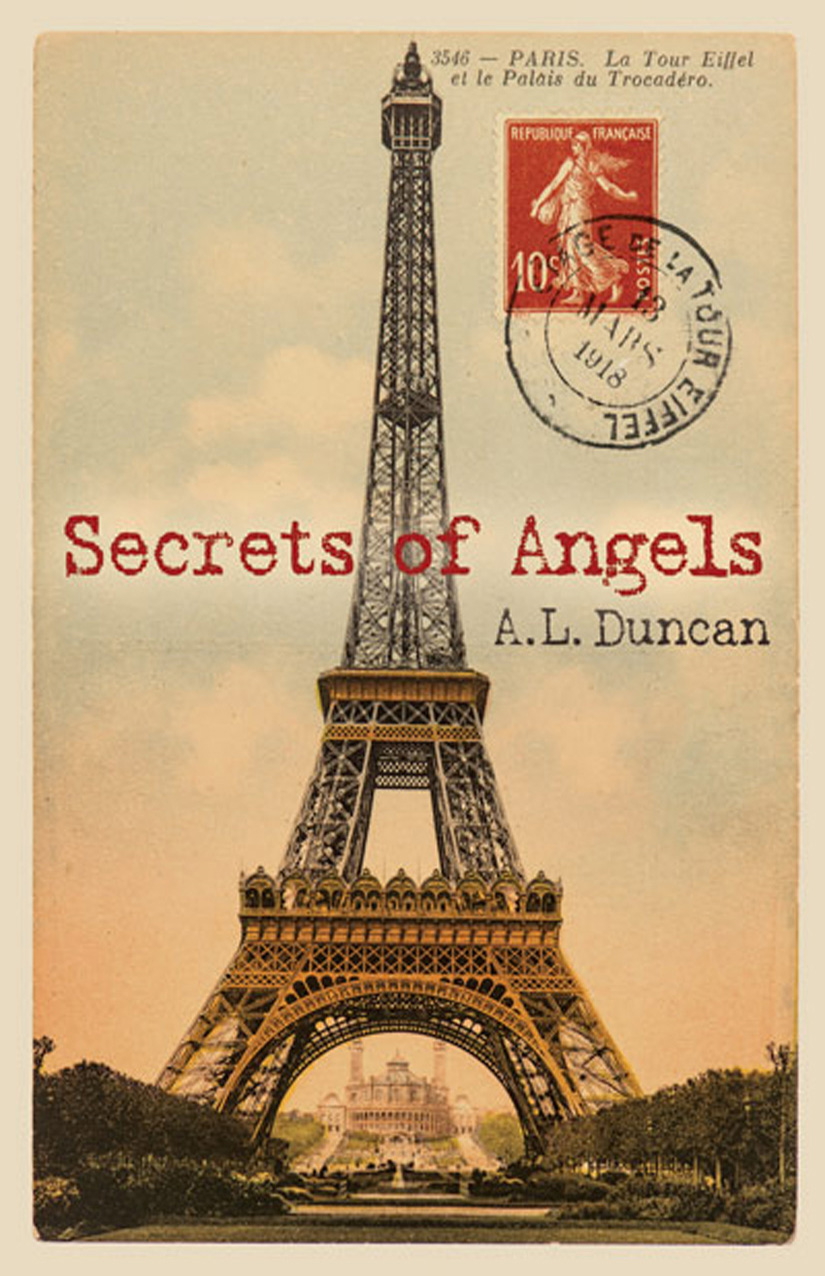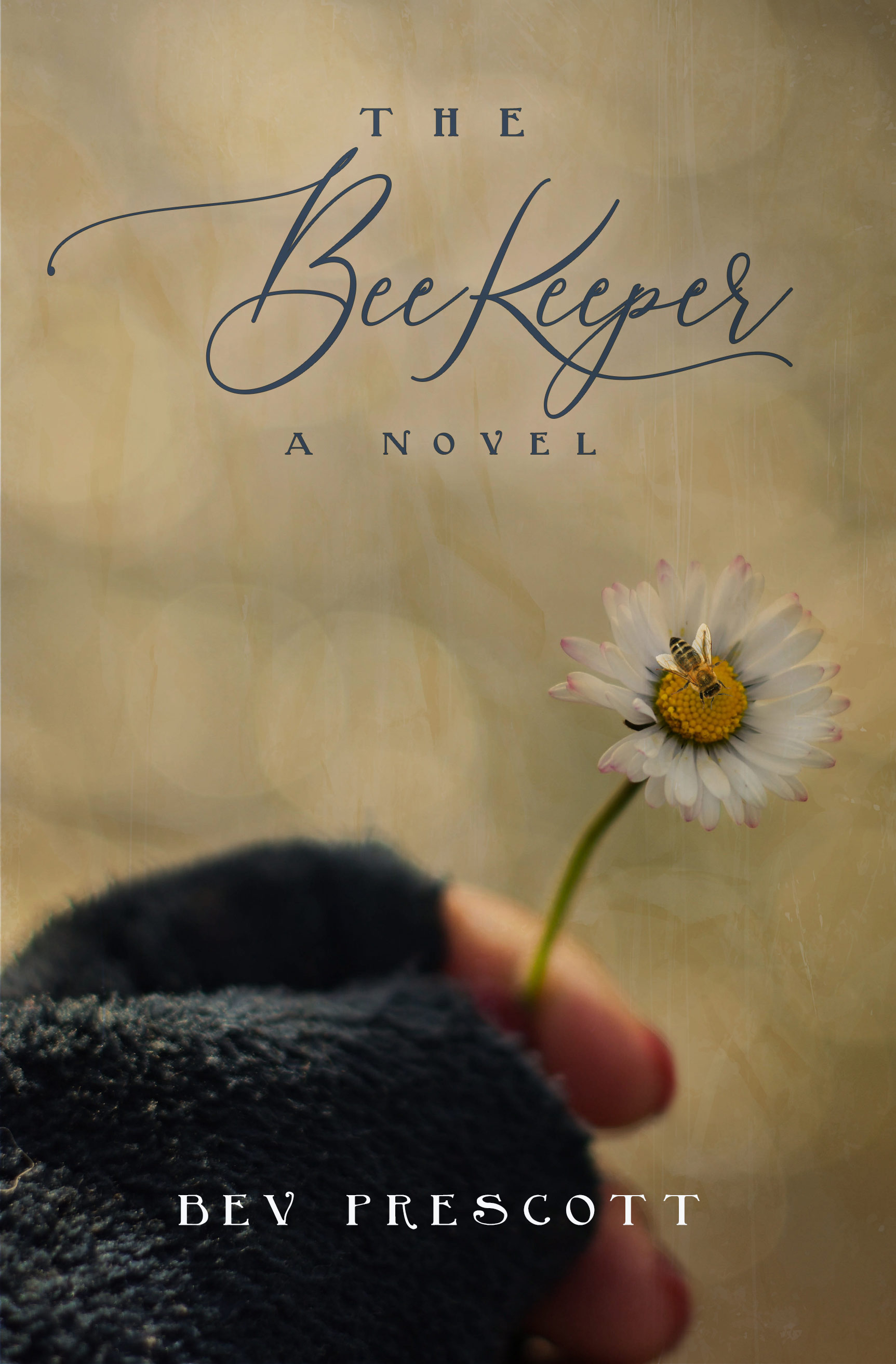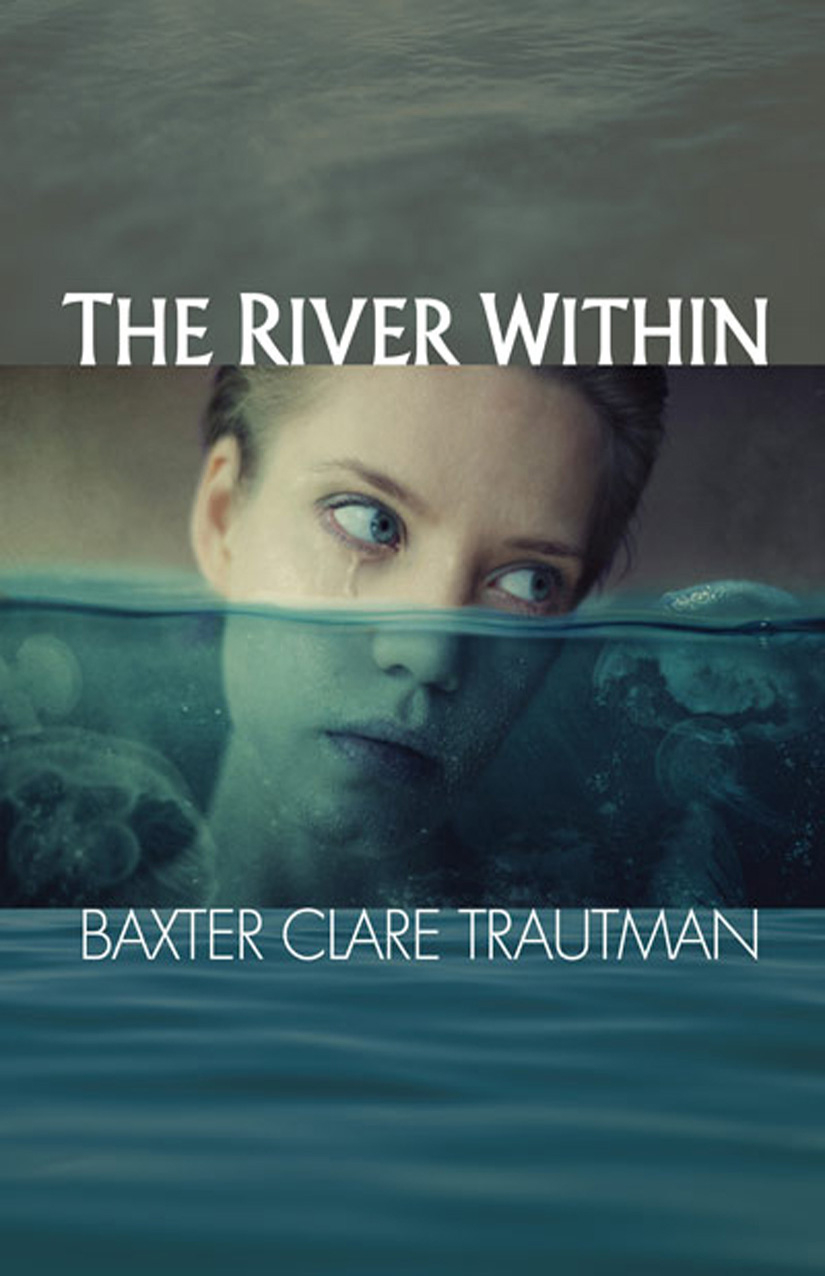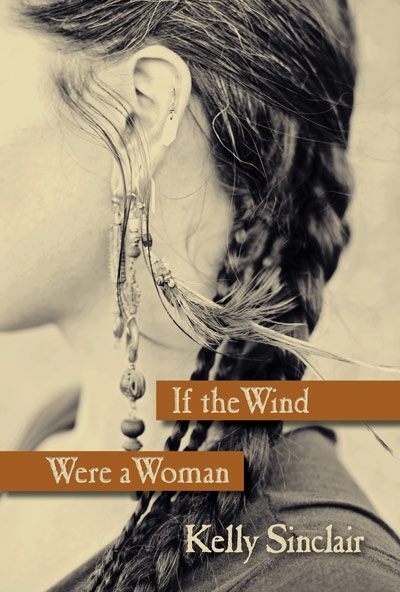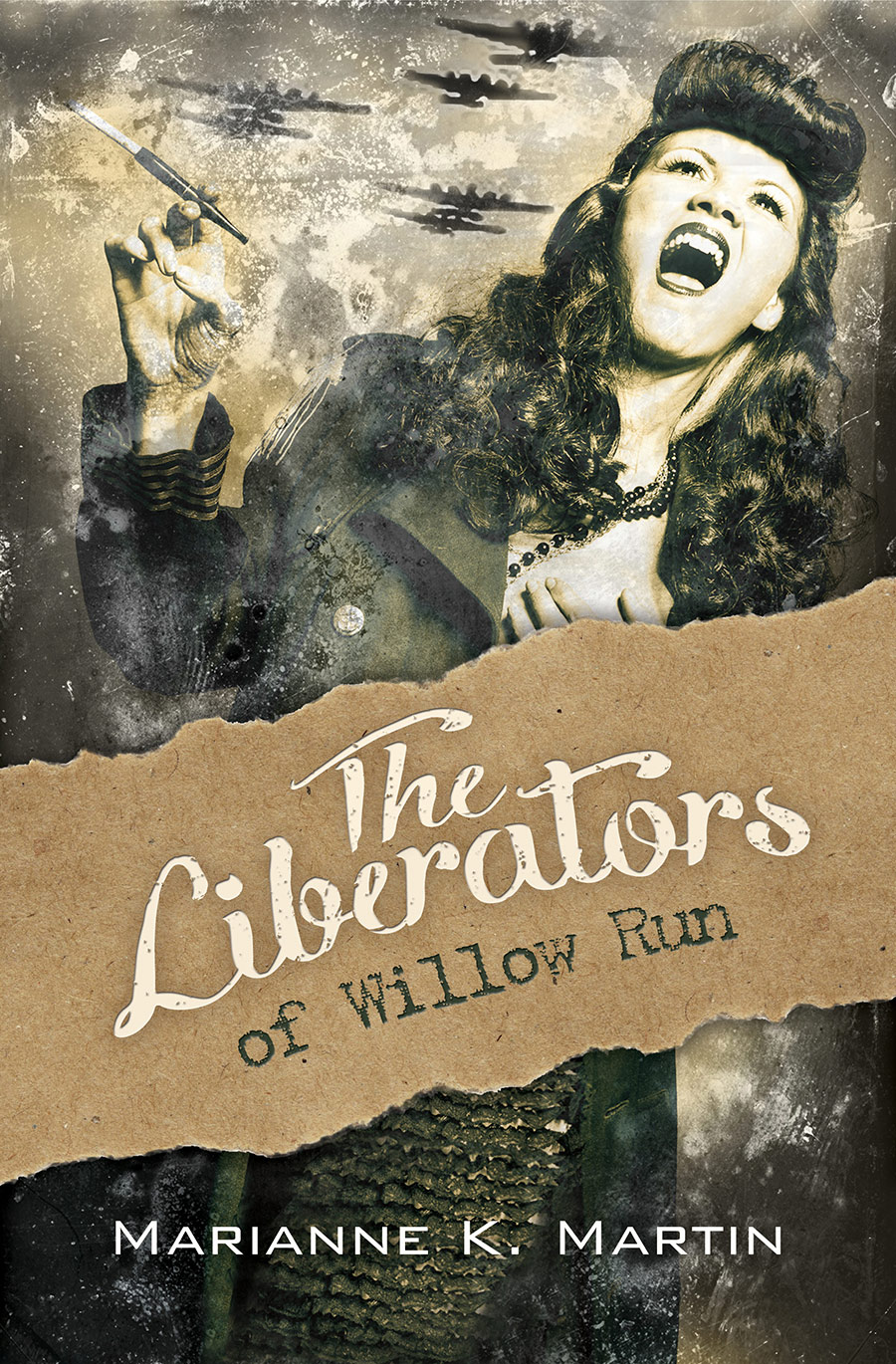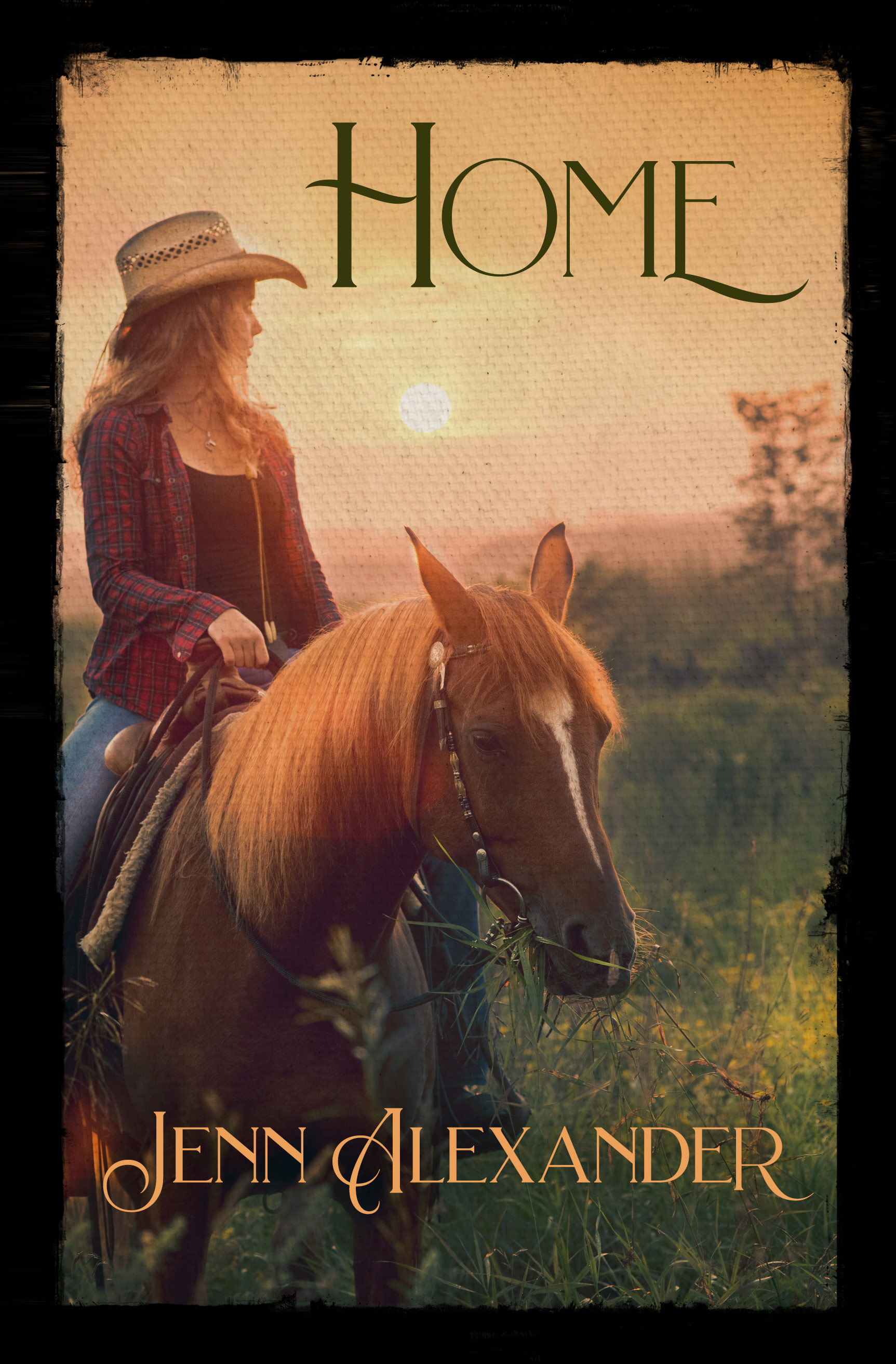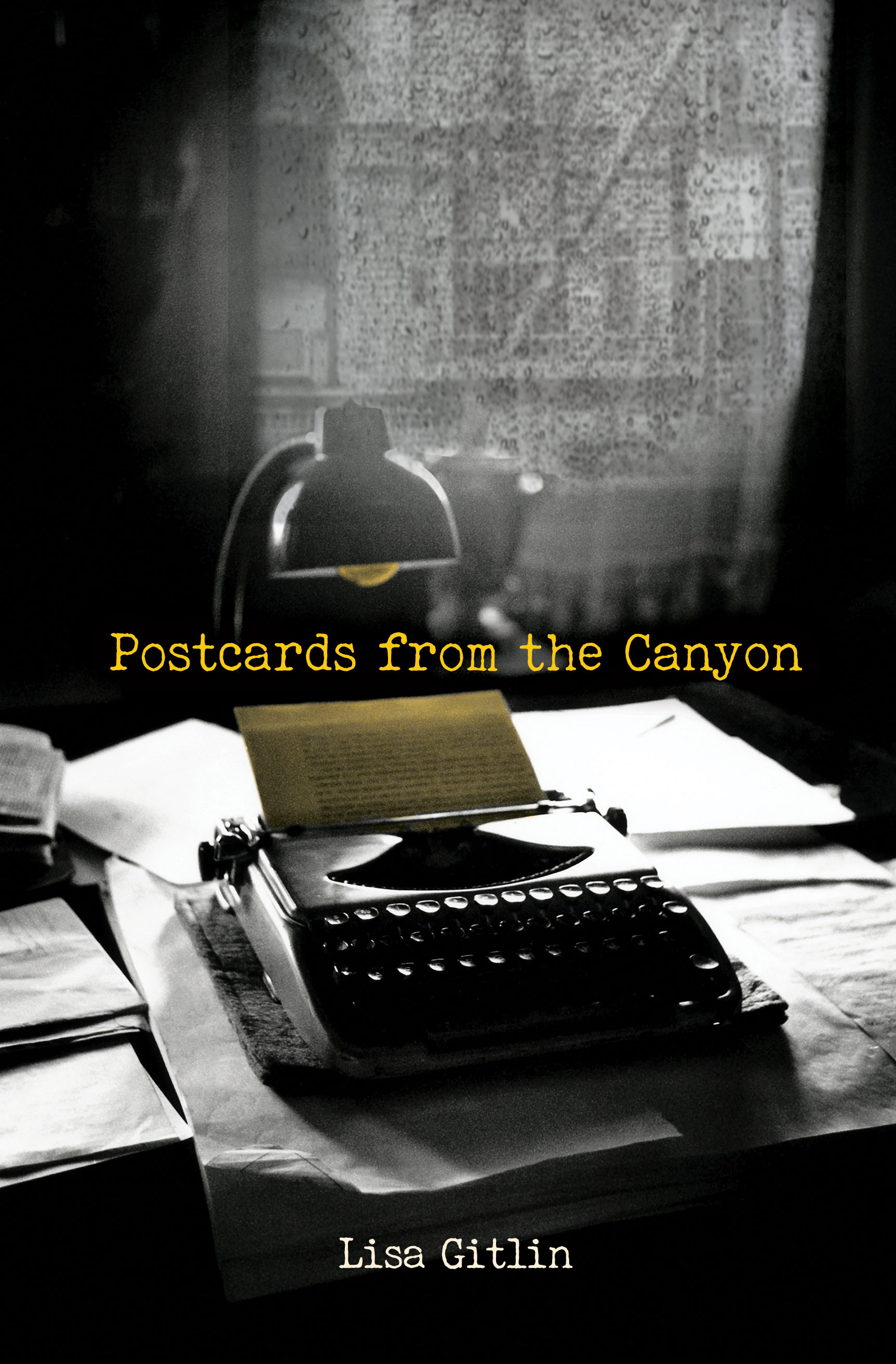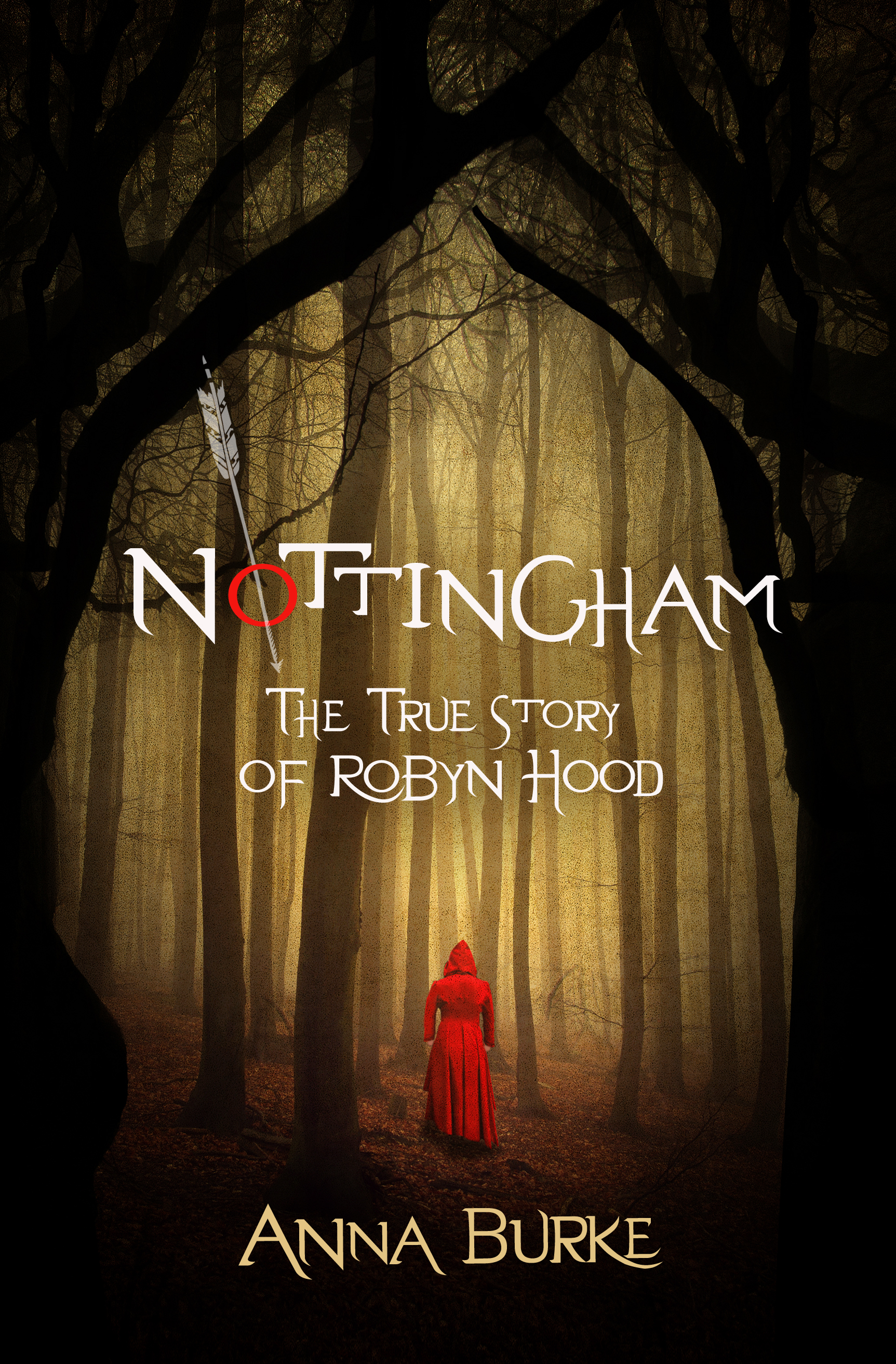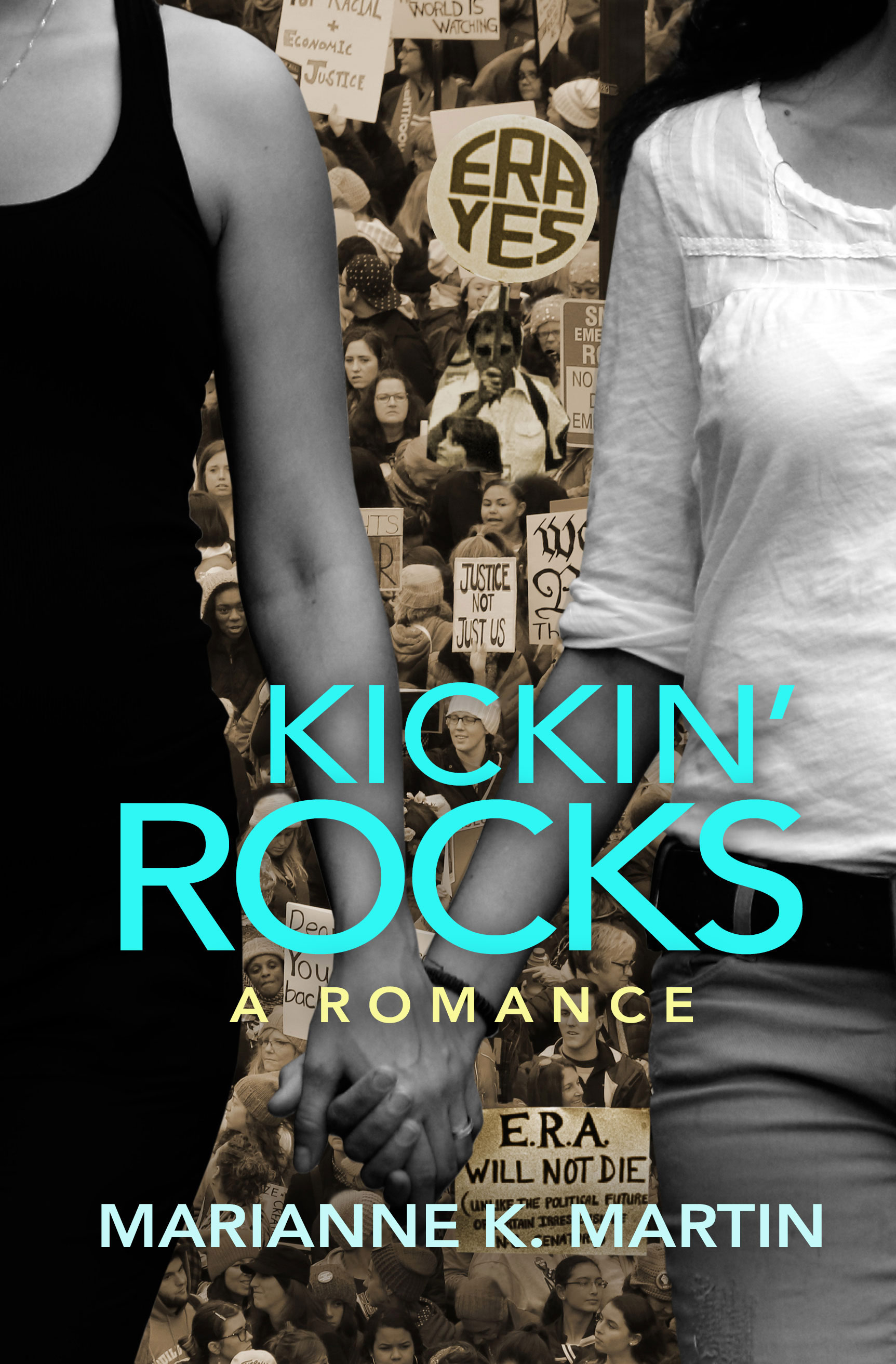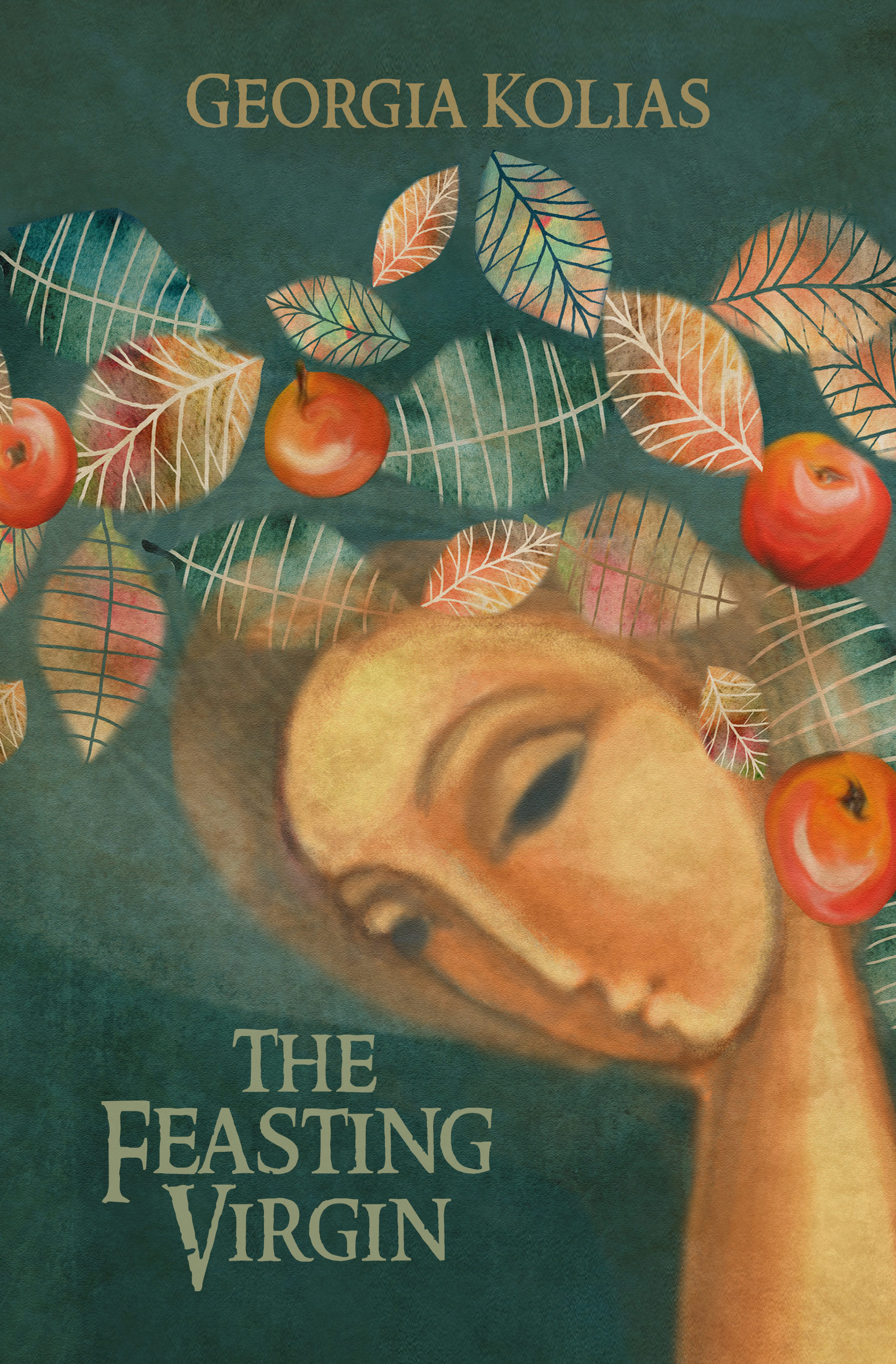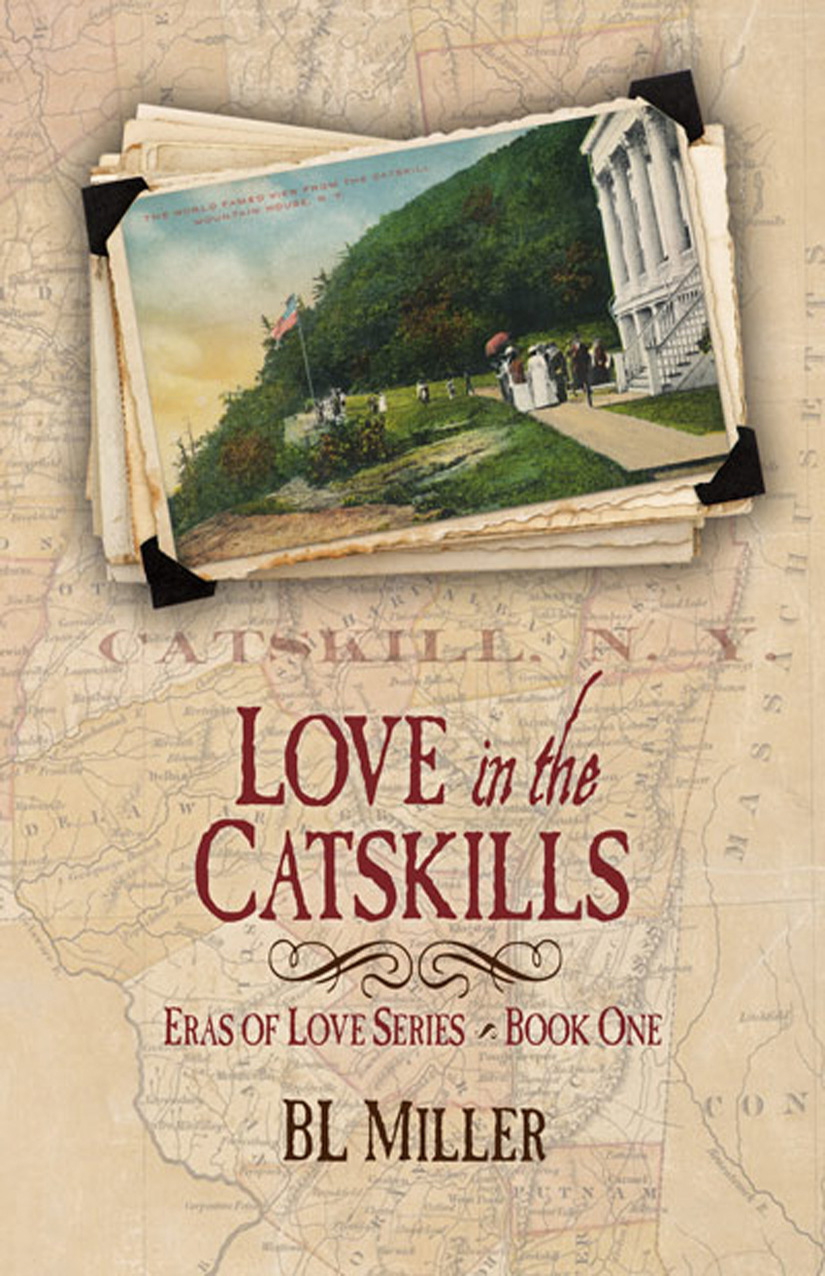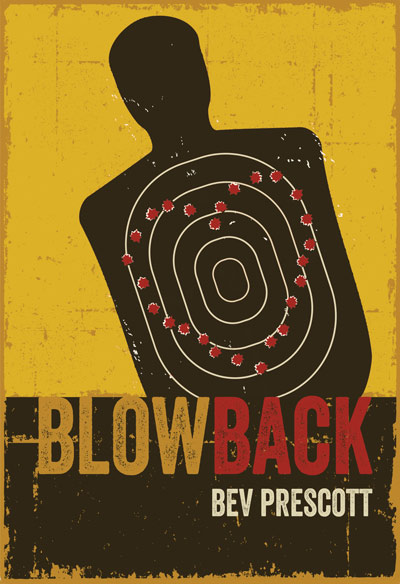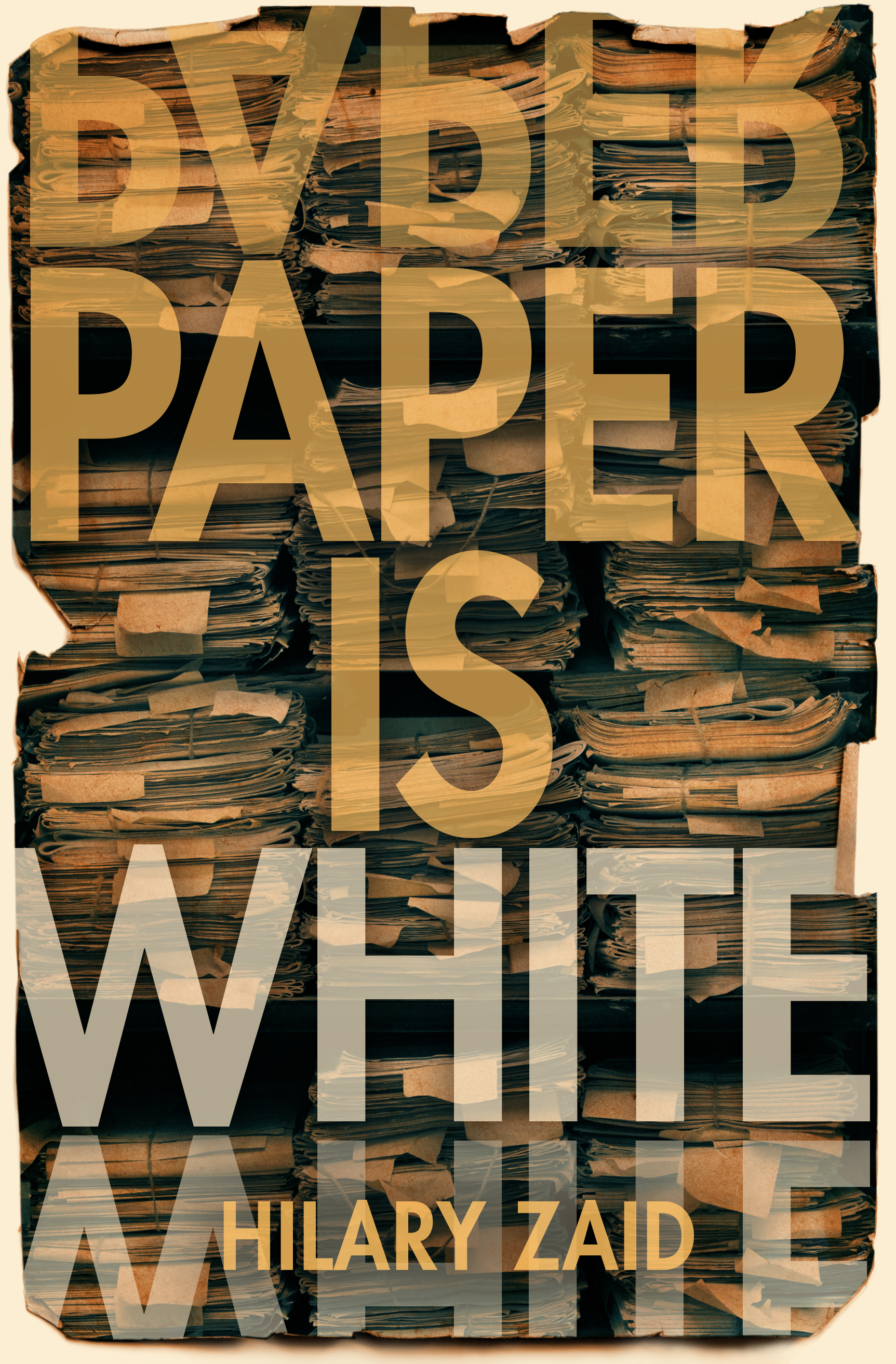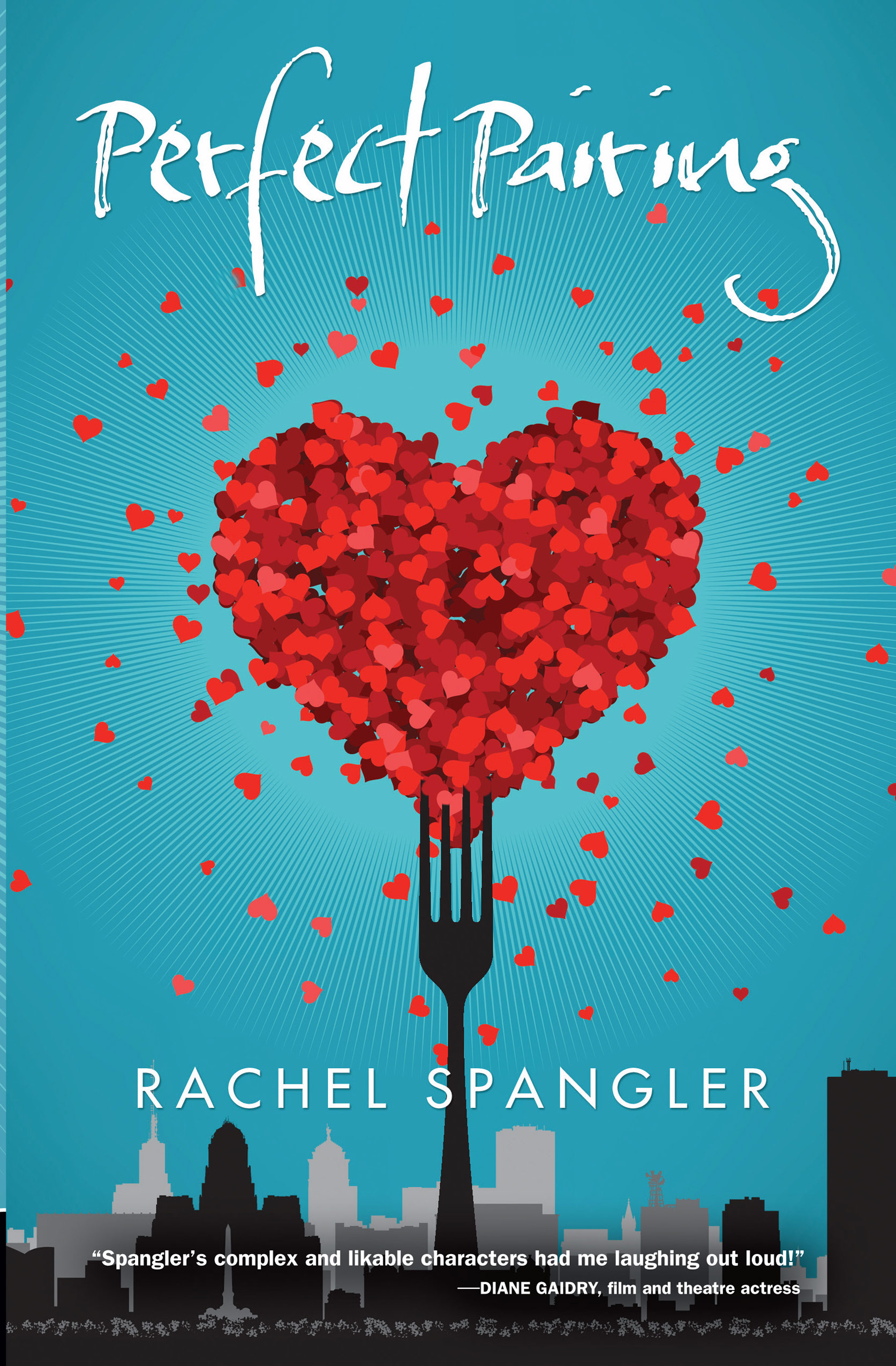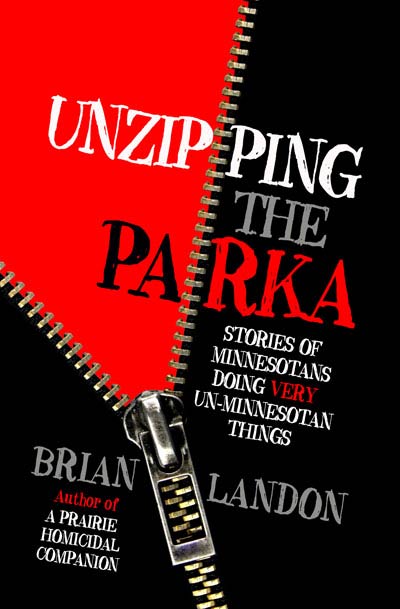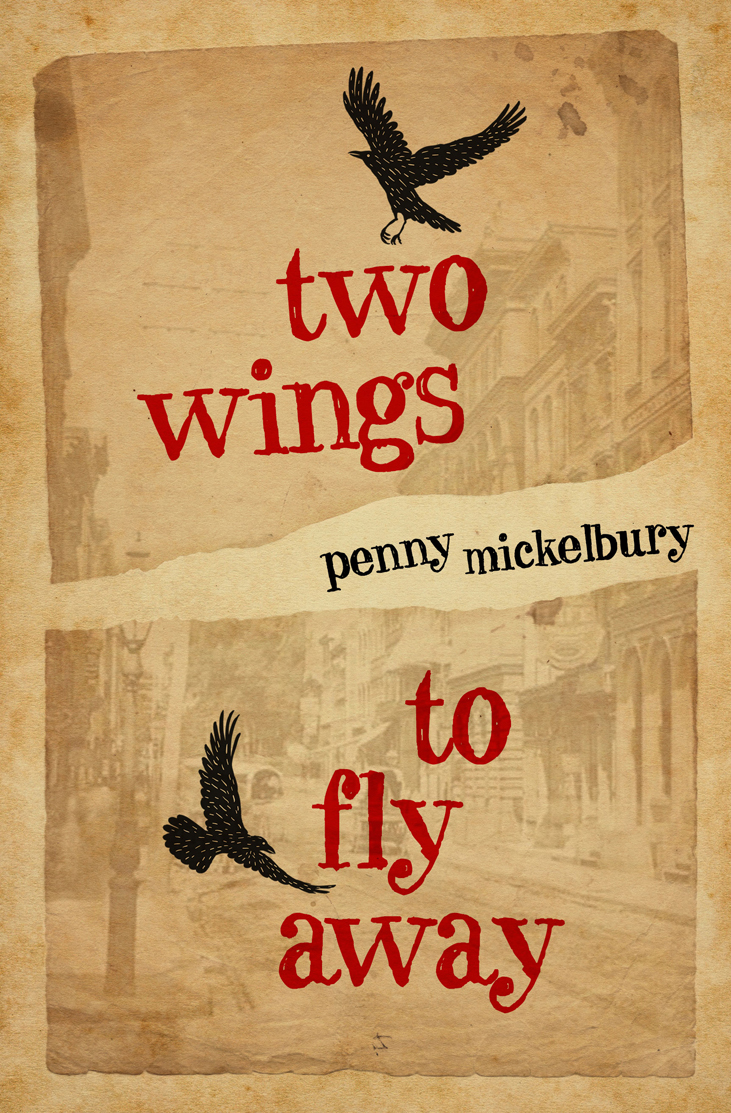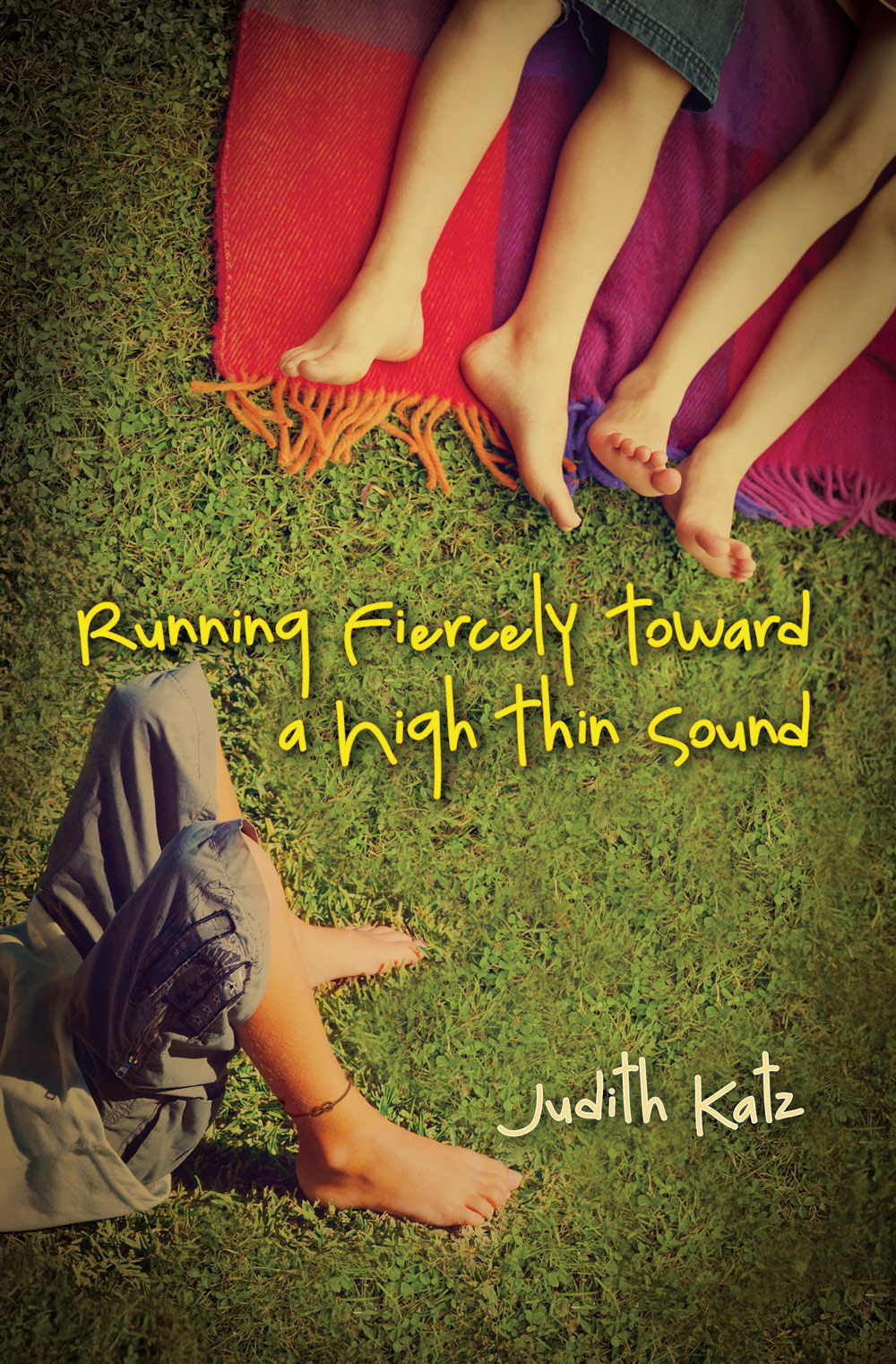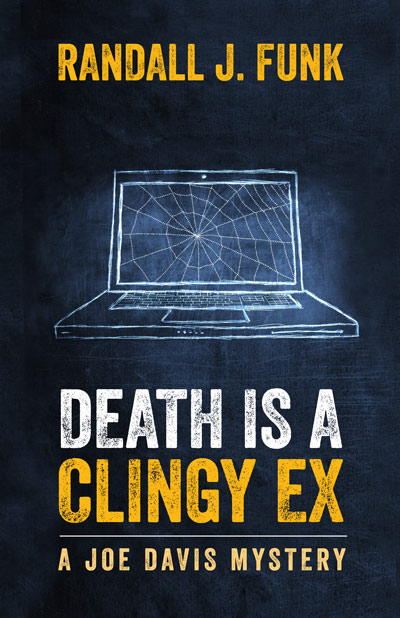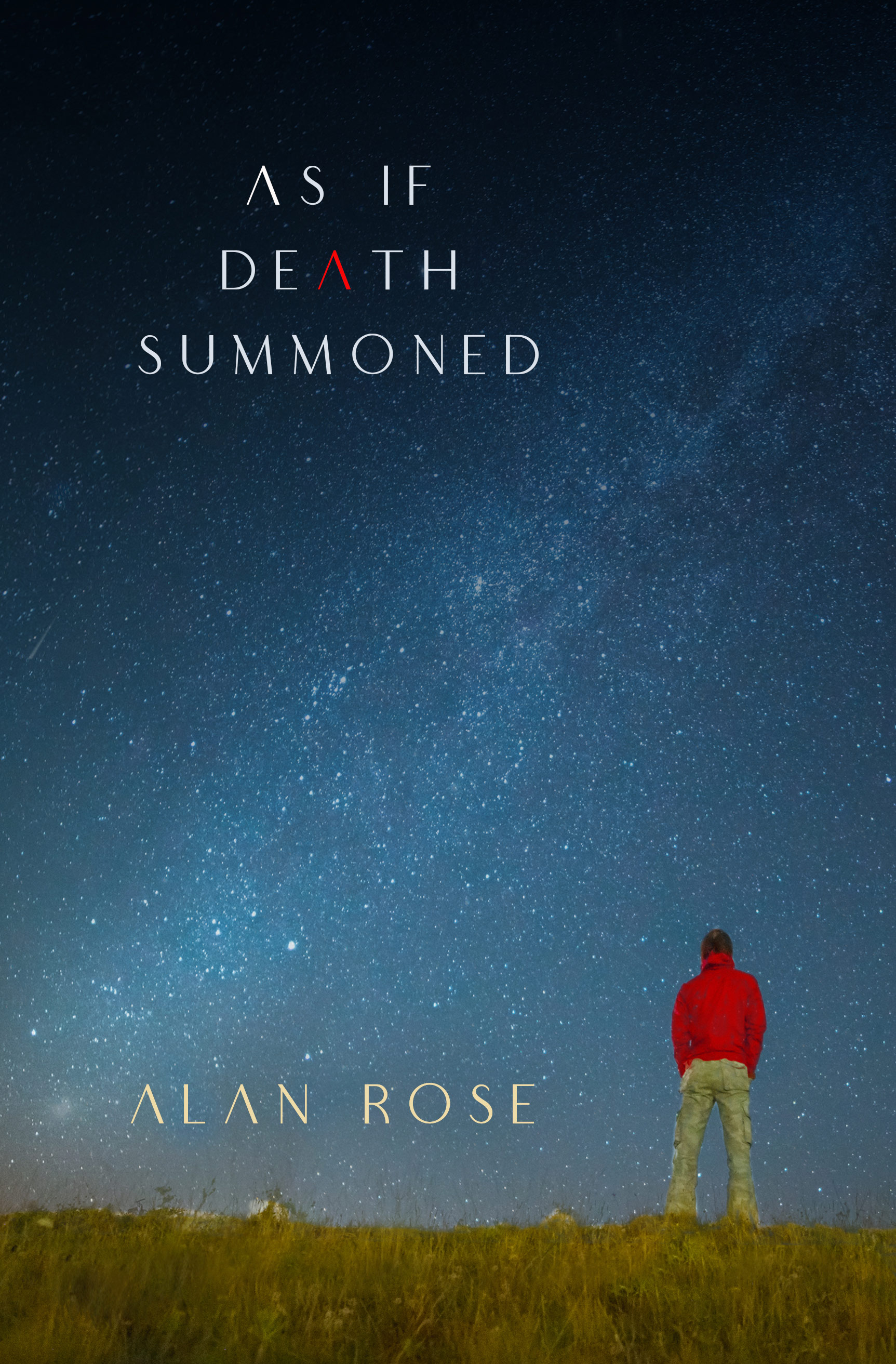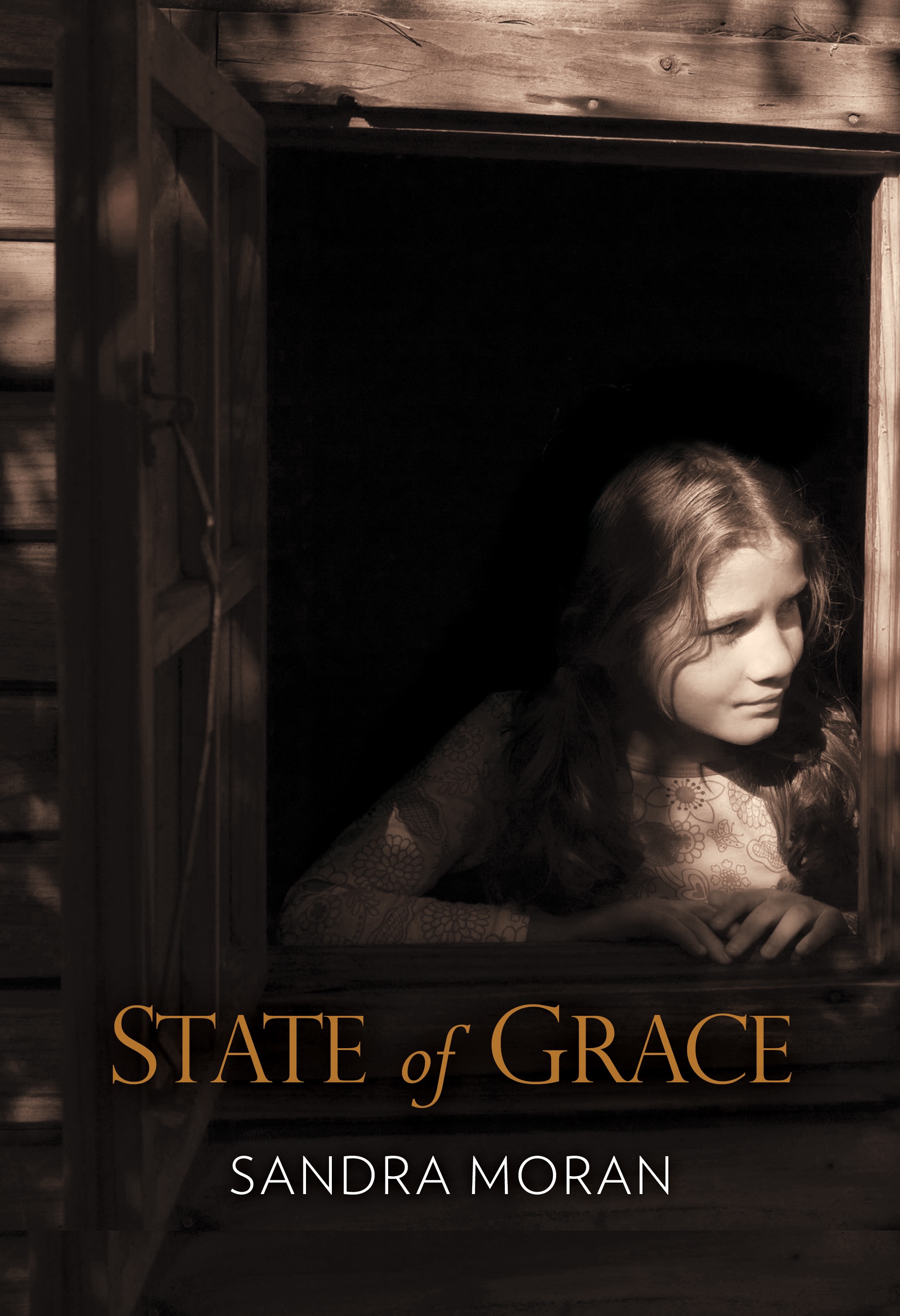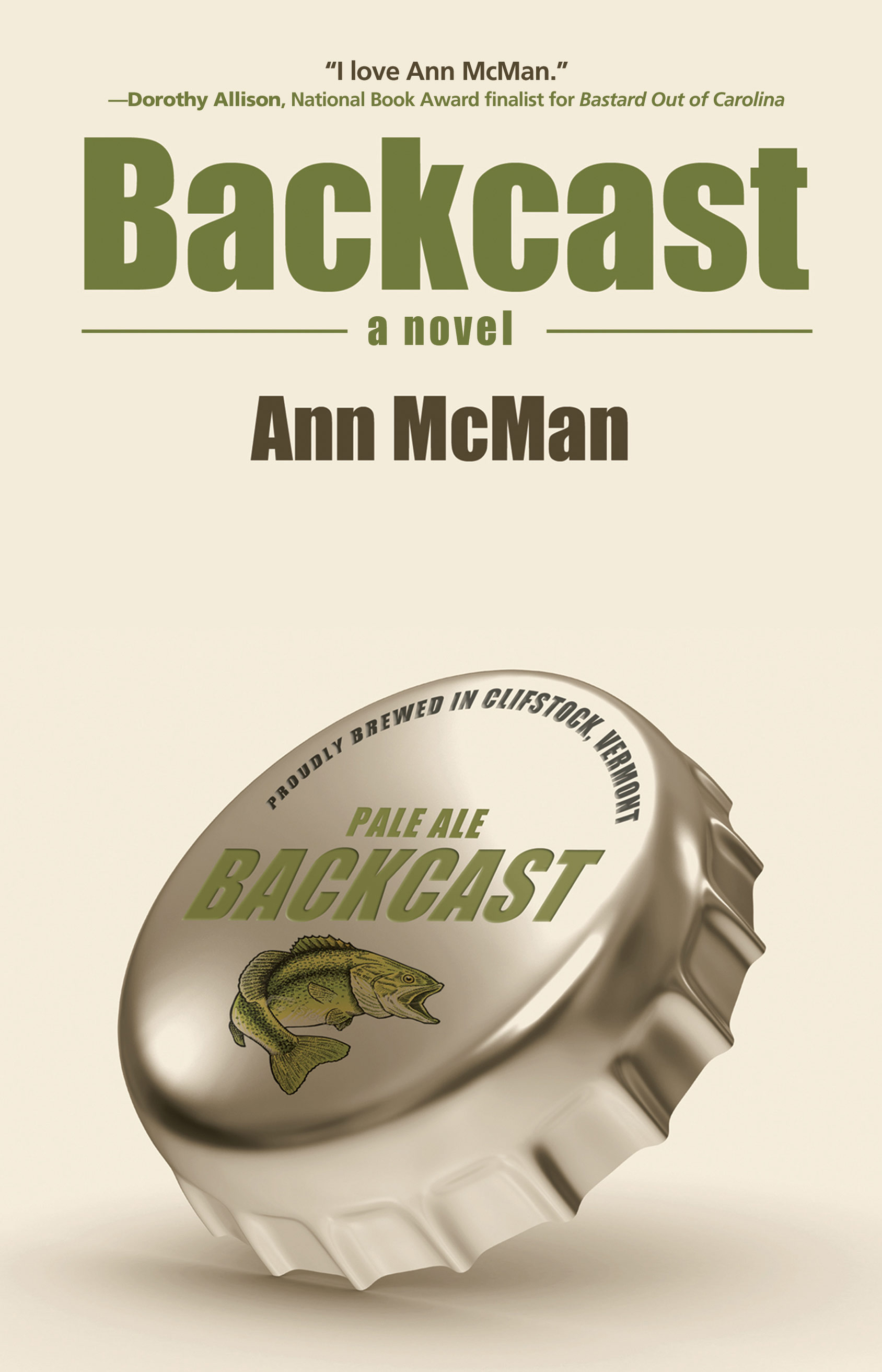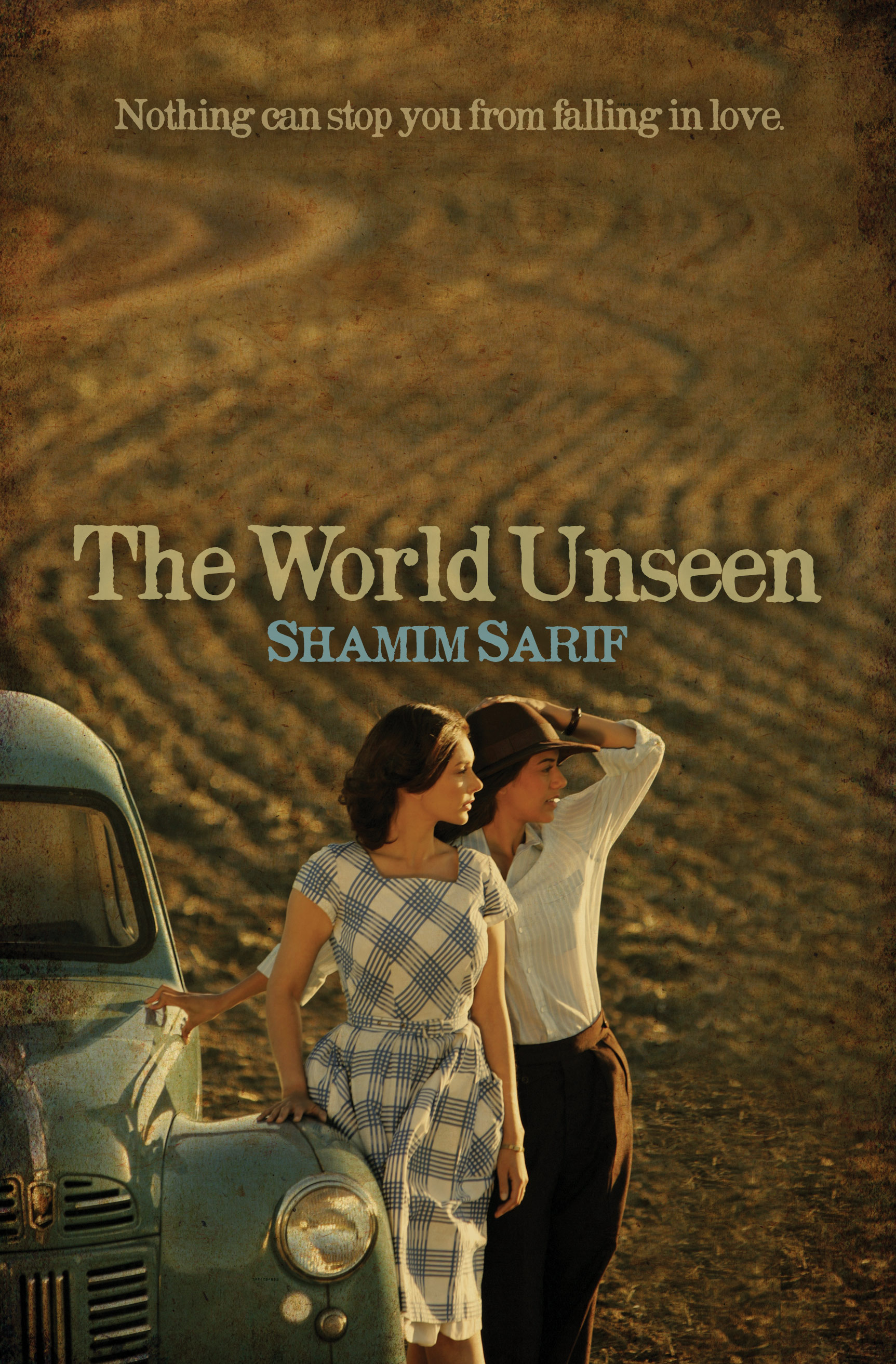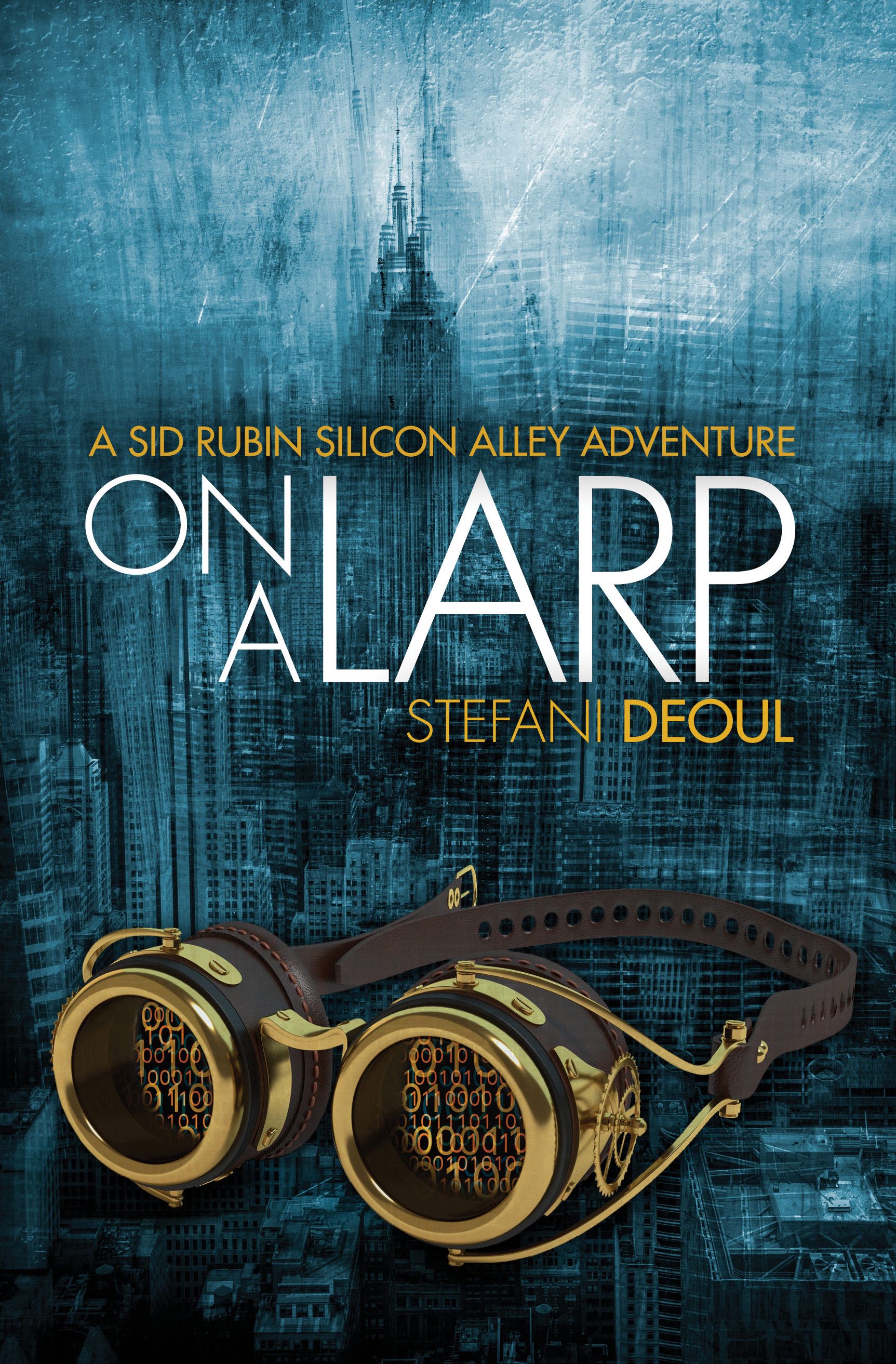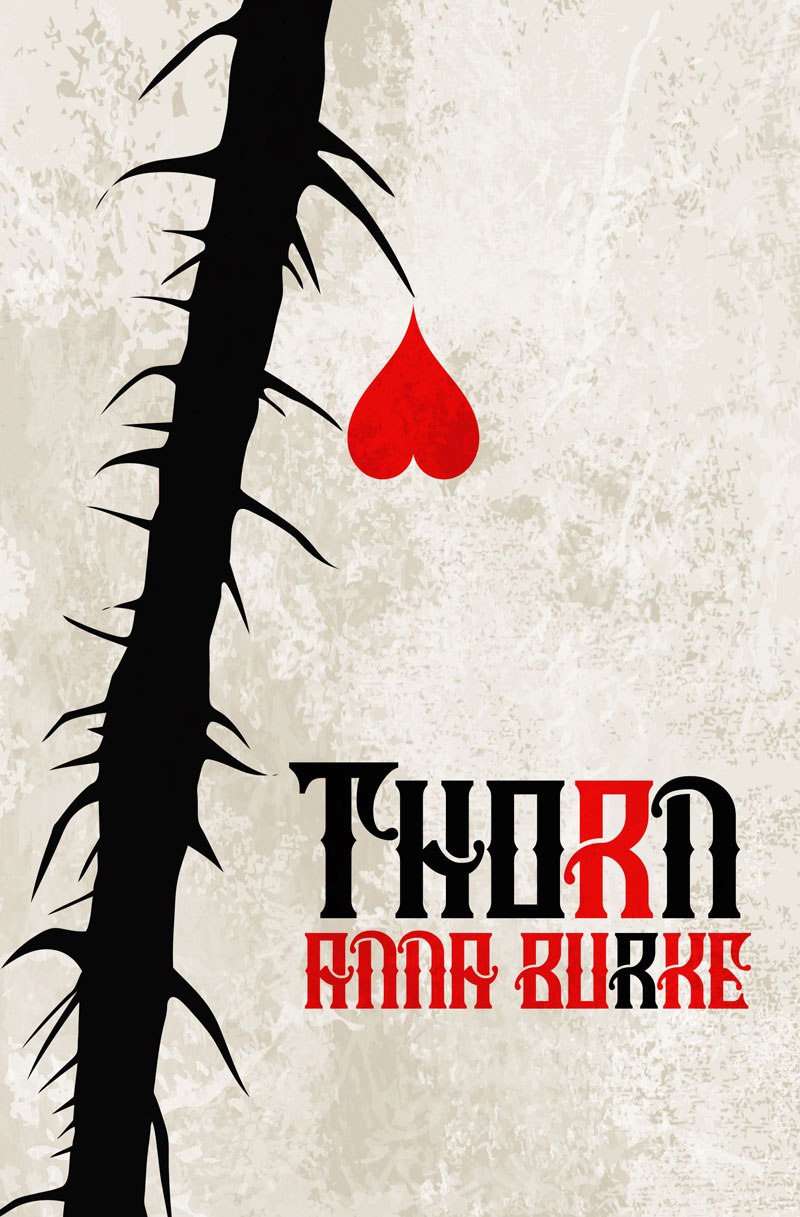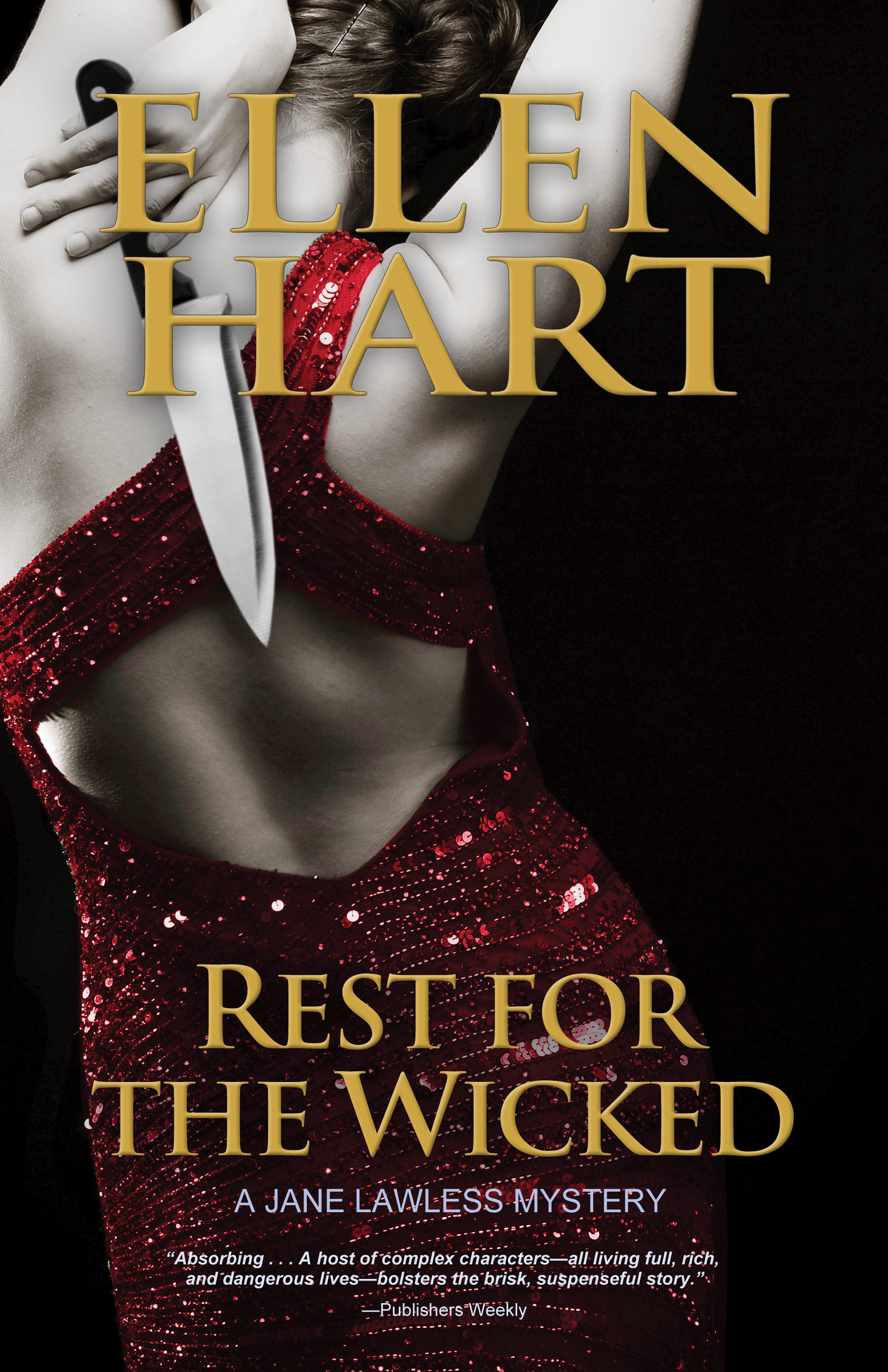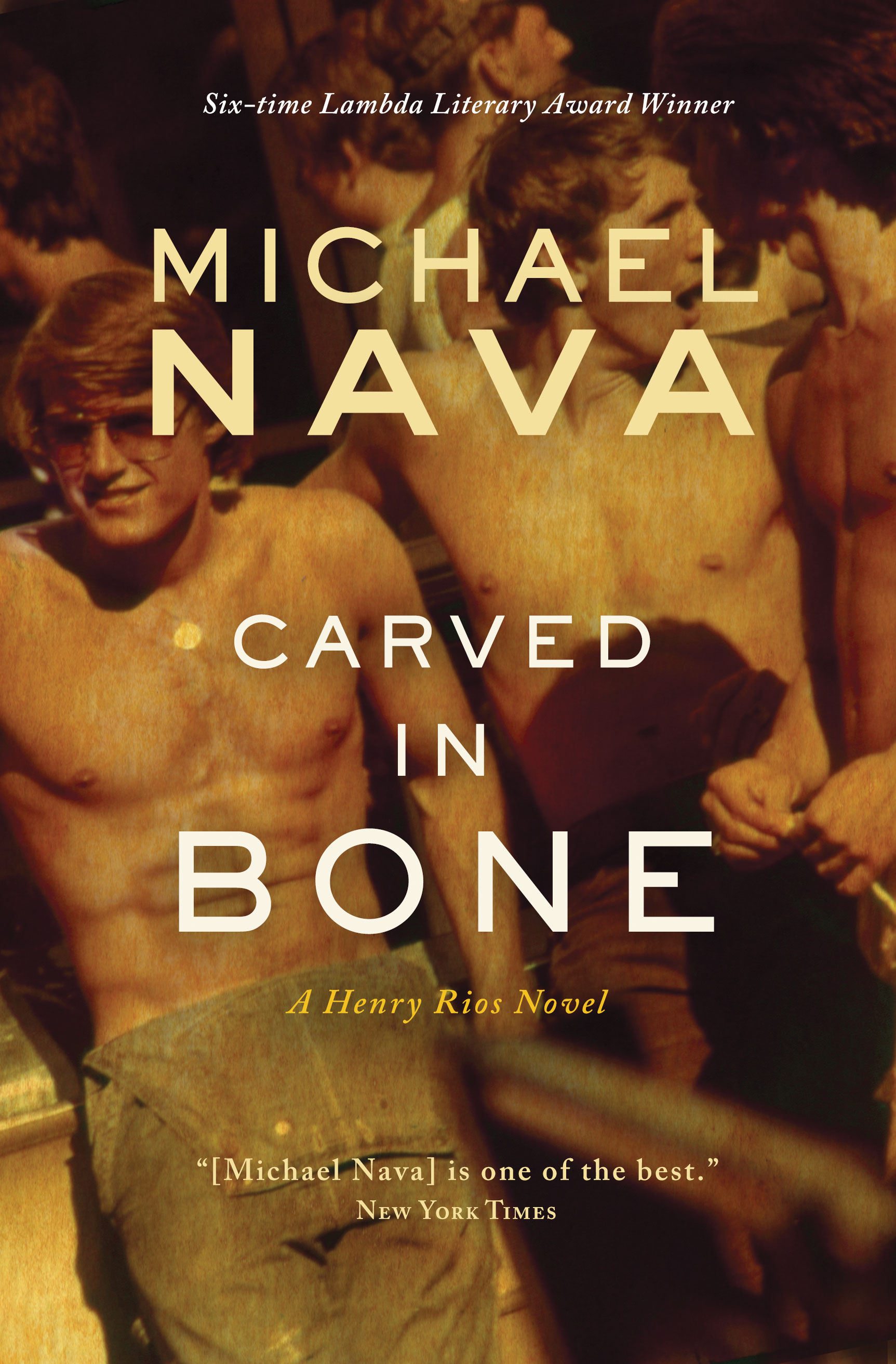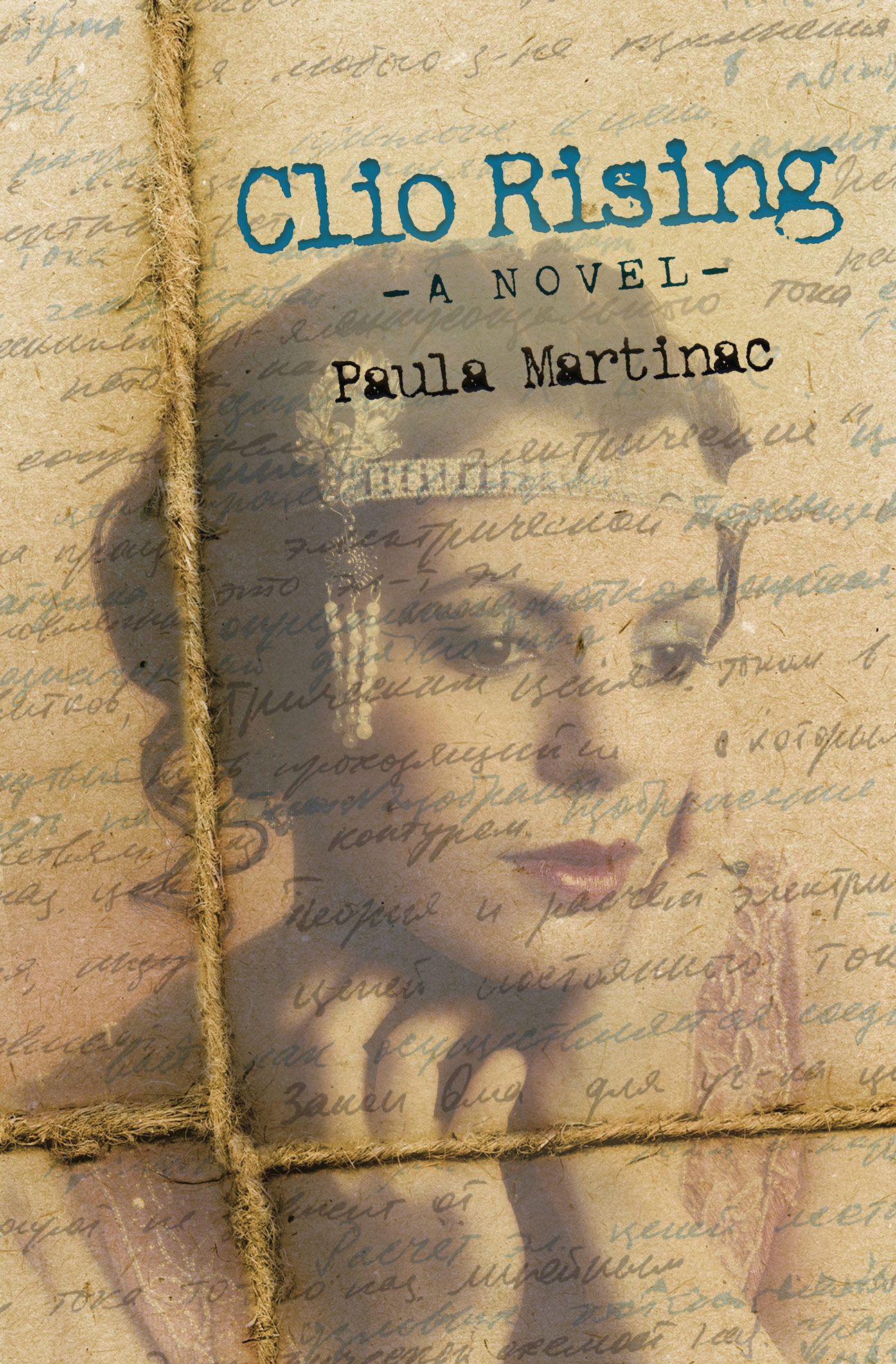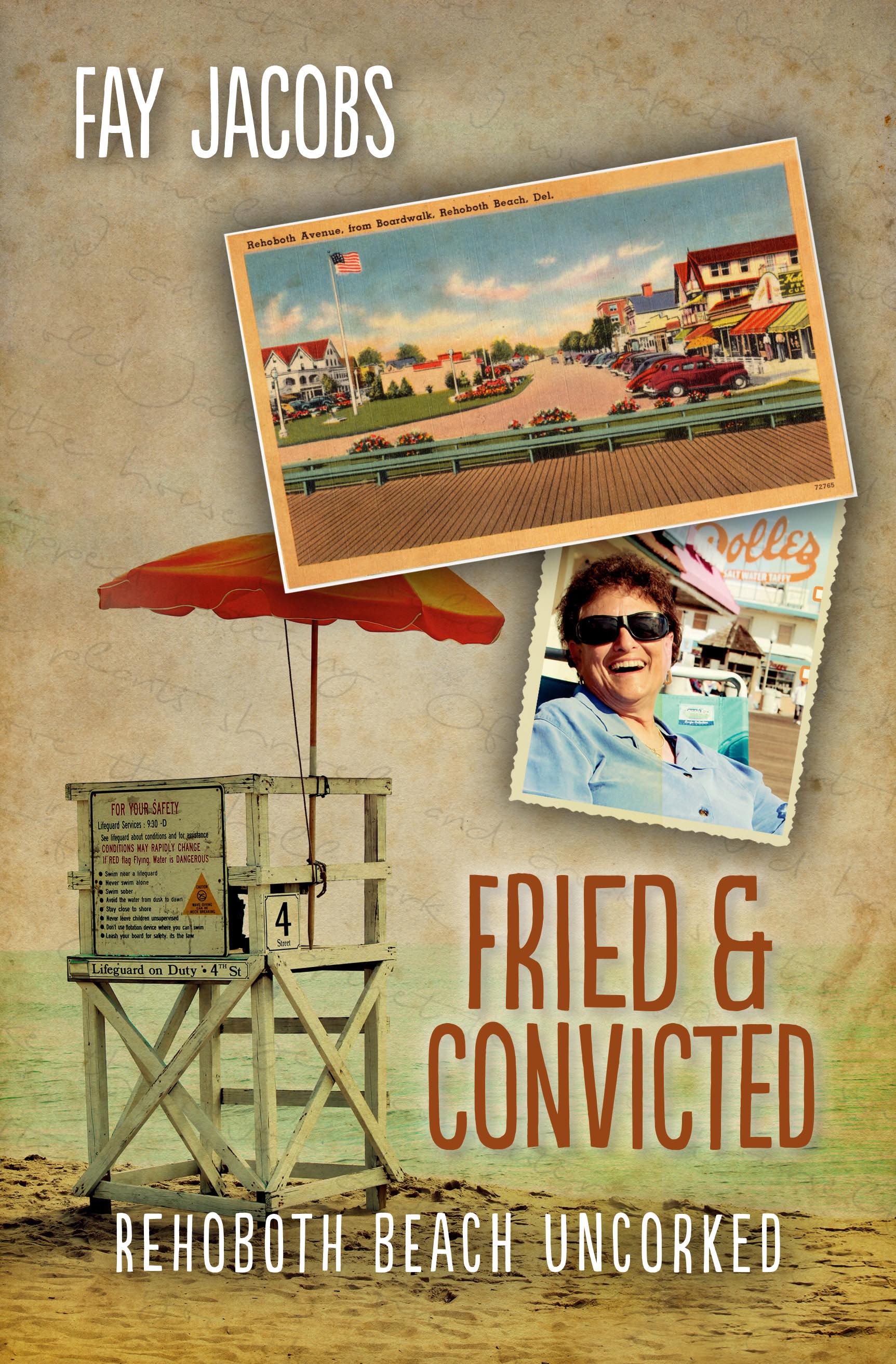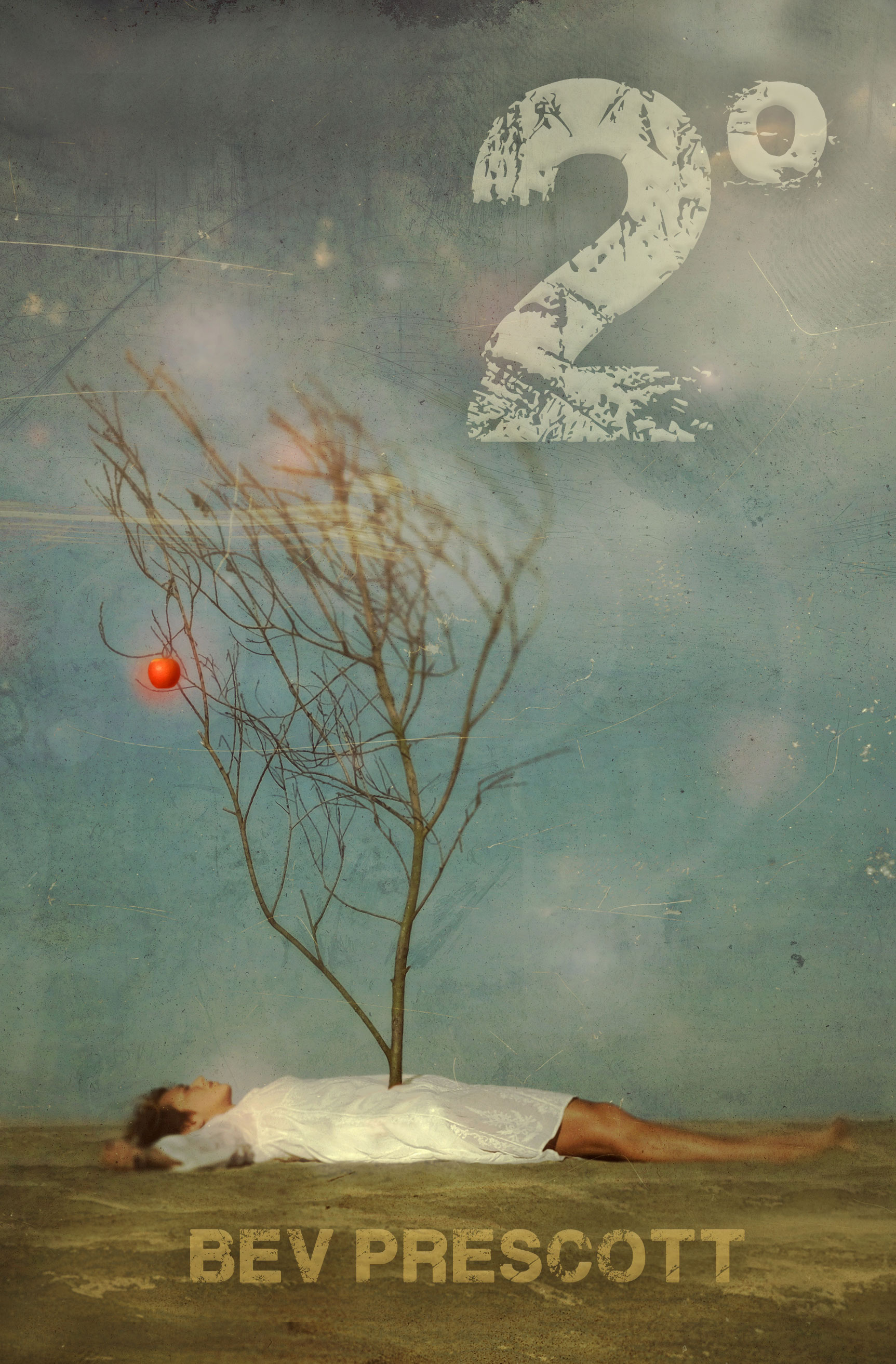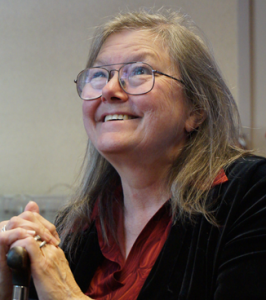
You Know These Things
I’ve spent the better part of six decades trying to connect the dots.
During that time, I’ve had some modest successes. The pictures that sometimes emerged were pretty good, and frequently entertaining. Creating them was a lot like indulging in a real life version of the iconic Highlightsmagazine puzzle. Once I got a pirate ship. Another time I thought I could make out the figures of two young girls, drifting down a river of fire on inner tubes. That image was akin to one of those standard psychological tests—the ones where you’re asked to describe what’s taking place in ambiguous photographs.
“I see Mommy hitting Daddy on the head with an axe.”
I was always pretty good at those, too.
Enter writing. Telling stories became a lifeline for me—a rope ladder that I could use to haul myself out of the muck and emotional moribundity that lined the sticky pit of my life.
With all deference to the inspiring Rita Mae Brown, I don’t want to burnish my chains—I want to break them.
So I tell stories. A lot of them. And even though I sometimes allow myself to wander off the paved roads that traverse the landscape of our genre, I mostly confine myself to roaming The Known World. It’s safer there. Friendlier. You know where you’re going and when you’ll get there. You have maps. And there are featured attractions along the way. There are even Red Roof Inns (which allow dogs—an important thing in our cosmology), and roadside restaurants with handy phone apps that allow you to transmit your orders in advance of your arrival.
Nifty. Neat. No surprises.
Hamlin Garland called these literary highways Main Traveled Roads. They’re comfy. We recognize them. We know every dip and sag in the pavement. We have our favorite rest stops all picked out—and we can linger over those as long as we choose. They’re familiar. They’re safe. And they don’t scare or challenge us.
You know these things.
But something happened to me during my three days in New Orleans. A lot of somethings.
 On Thursday night, after a sweltering but magnificent dinner at The Chartres House, where Tennessee Williams used to go to relax and “revive” himself, we walked back to the hotel along the riverfront. It was dark—or at least, it was what passes for dark in that hot, close place that never sleeps. Still, you could see the brackish water, green in the half-light, moving with purpose toward its own demise in the delta. This river—this ageless estuary that has served for centuries as the carotid artery of our nation—appeared more solid than liquid. It was still moving, but now at a sluggish pace, like tired blood pushing its way though worn-out vessels grown thick from neglect.
On Thursday night, after a sweltering but magnificent dinner at The Chartres House, where Tennessee Williams used to go to relax and “revive” himself, we walked back to the hotel along the riverfront. It was dark—or at least, it was what passes for dark in that hot, close place that never sleeps. Still, you could see the brackish water, green in the half-light, moving with purpose toward its own demise in the delta. This river—this ageless estuary that has served for centuries as the carotid artery of our nation—appeared more solid than liquid. It was still moving, but now at a sluggish pace, like tired blood pushing its way though worn-out vessels grown thick from neglect.
We found an access point—some weathered planks that stepped down and disappeared into the water like emblems of lost hope and innocence.
I wanted to touch the river. I wanted to push my hand into that thing that was and wasn’t and wouldn’t ever be again.
You can’t step into the same river once, Cratylus wrote.
Those pesky Greeks. Rita Mae reminded us that they knew some things, too.
We sat there next to the river, for most of an hour. And I watched the runoff from a thousand lifetimes roll right on past us into history. How did Dashiell Hammett describe this phenomenon? It was and isn’t. That’s it.
You know these things.
That night beside the river, I knew them, too.
Sometimes, knowing is a process. But understanding is always an event—at least, it is for me.
Dorothy Allison didn’t enter my life; she exploded in the middle of it. An irreverent prophet. A bombastic soothsayer. An unapologetic teller of truth. A teller of my truths. A teller of our truths. And tell the truth she did. With the ease and simple power borne from years of practice. Because truth telling, like any great art form, can only be done well if you practice. Spending the better part of three days in her orbit, and being blessed by the chance to have some broad swaths of private time with her, I got to watch her practice her art. Up close. In my face. In my ears. In my viscera. Her truth filled up my world. And it reached down inside me to that secret place where my own truth abides in its endless half-sleep—always with one eye open. She saw me. She knew me. And she called me out.
Tell the truth, she said. Be naked on the page, she said. Reveal yourself and the things you’ve learned in the stories you tell. If you don’t, you shortchange your readers. If you don’t, you waste their time. If you don’t, you embrace death and not life.
I write to live, she said. I write to survive.
“My daddy was a son of a bitch, and my mamma didn’t love me.”
I write to live.
And I know these things….
Salem West is the Publisher of Bywater Books and a member of the Lambda Literary Board of Trustees. She lives in Winston-Salem, NC with her wife, the author Ann McMan, their two dogs, two cats, and an exhaustive supply of vacuum cleaner bags.






